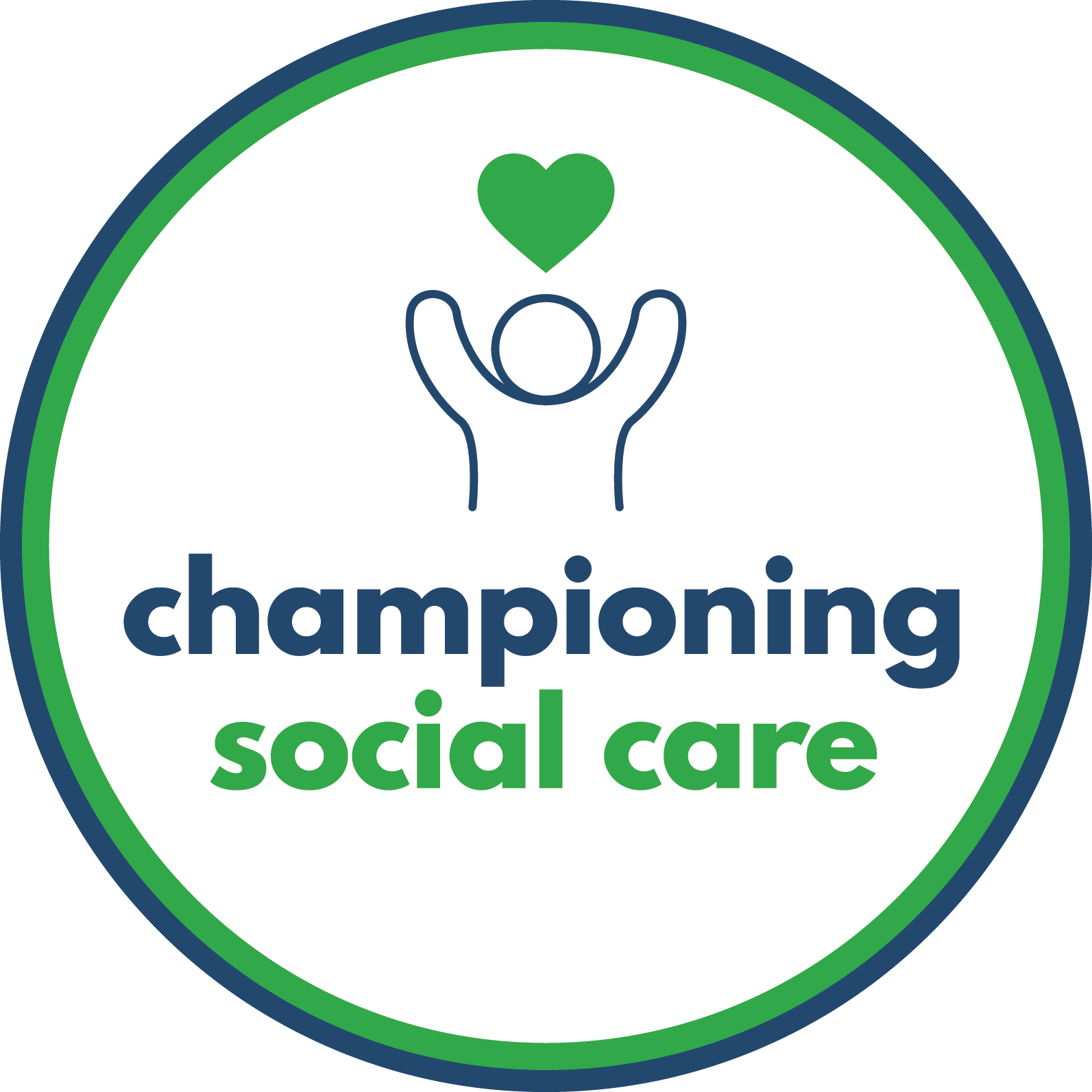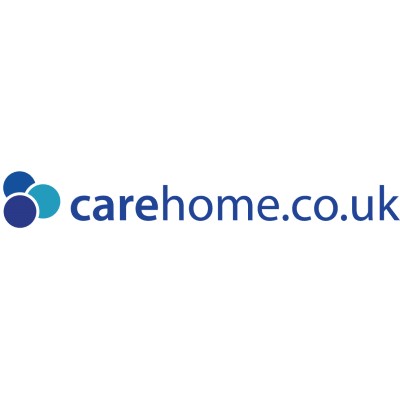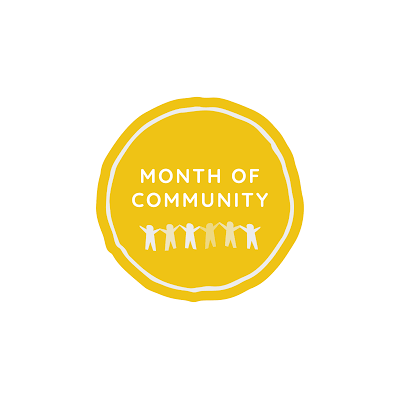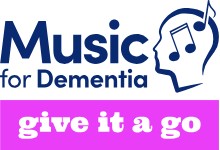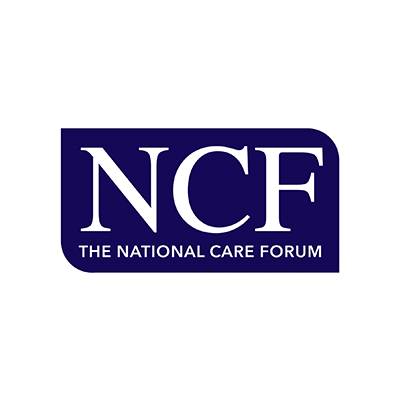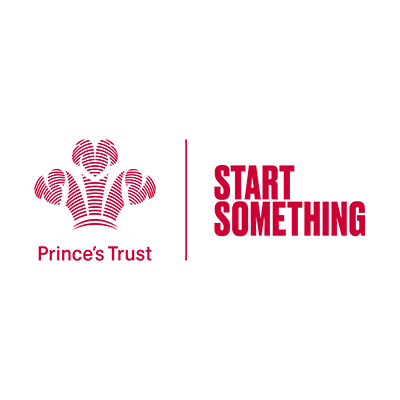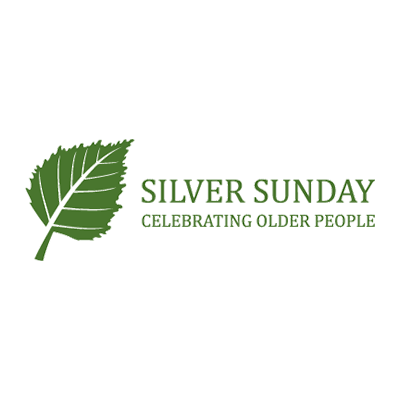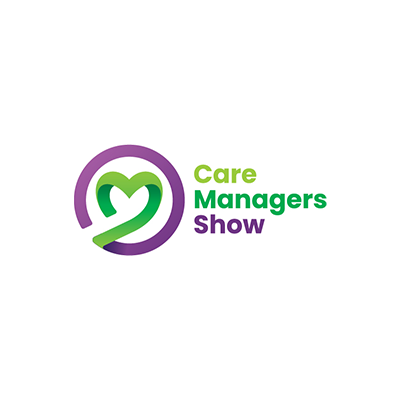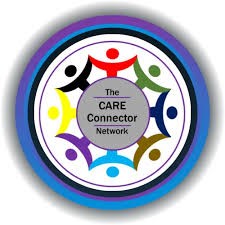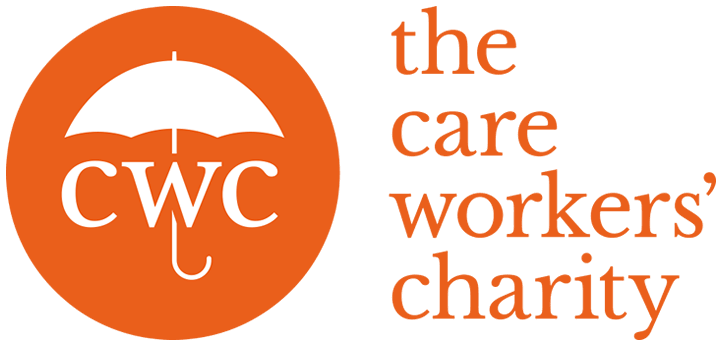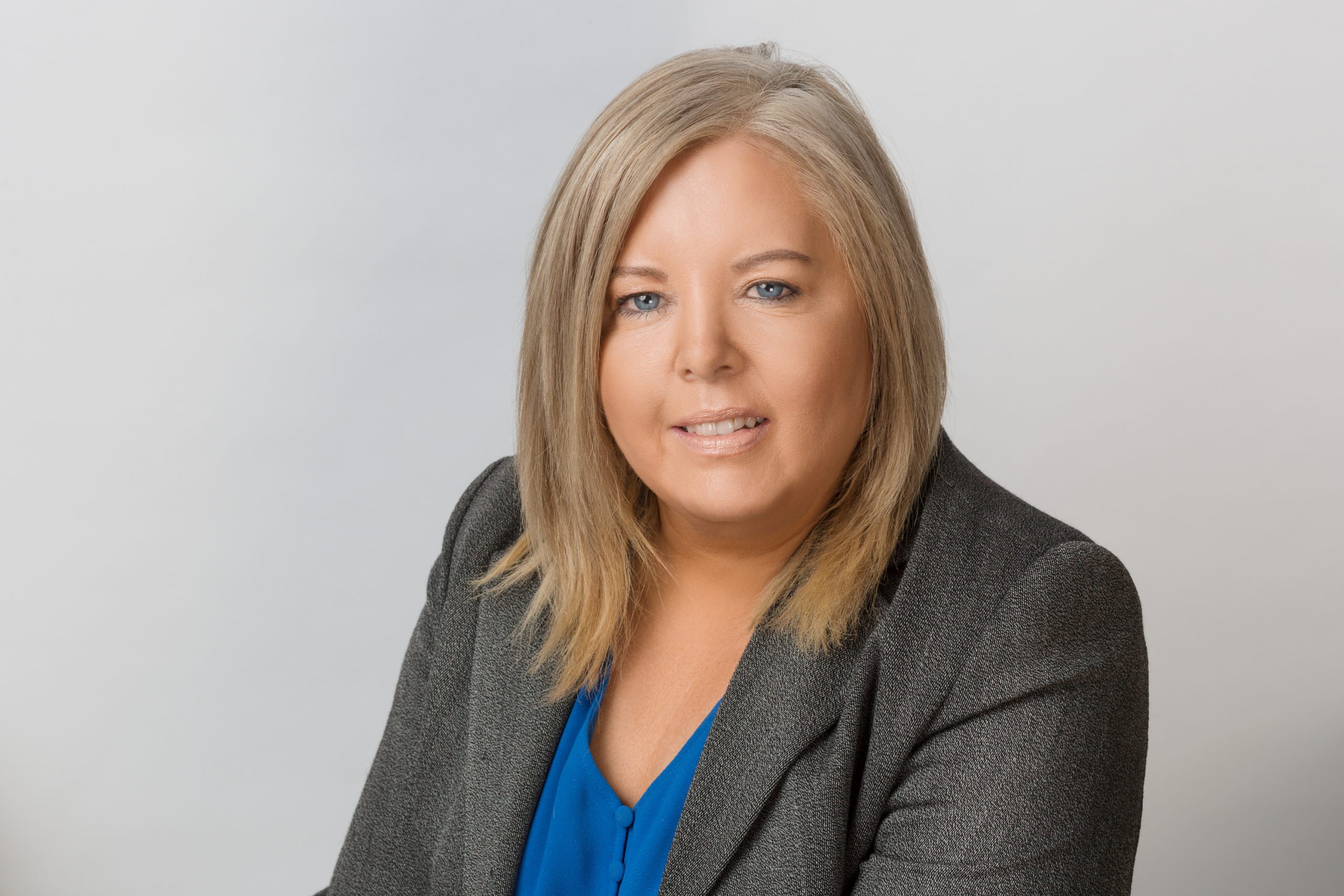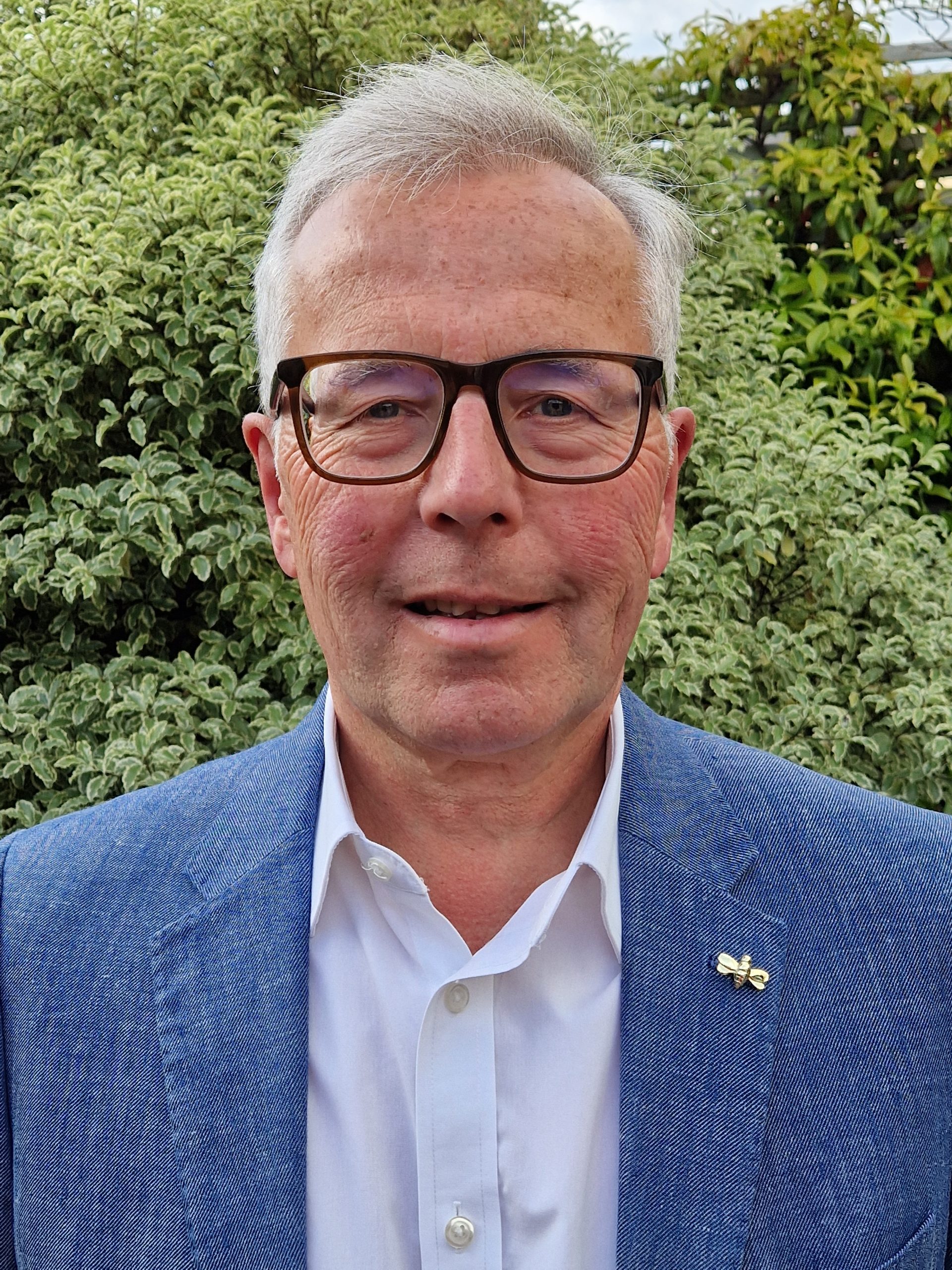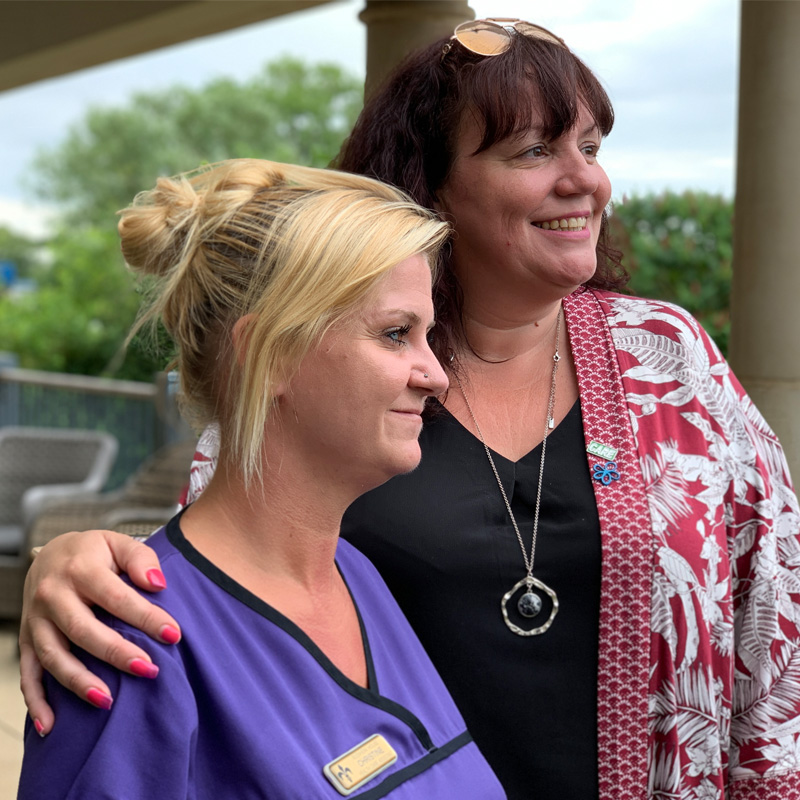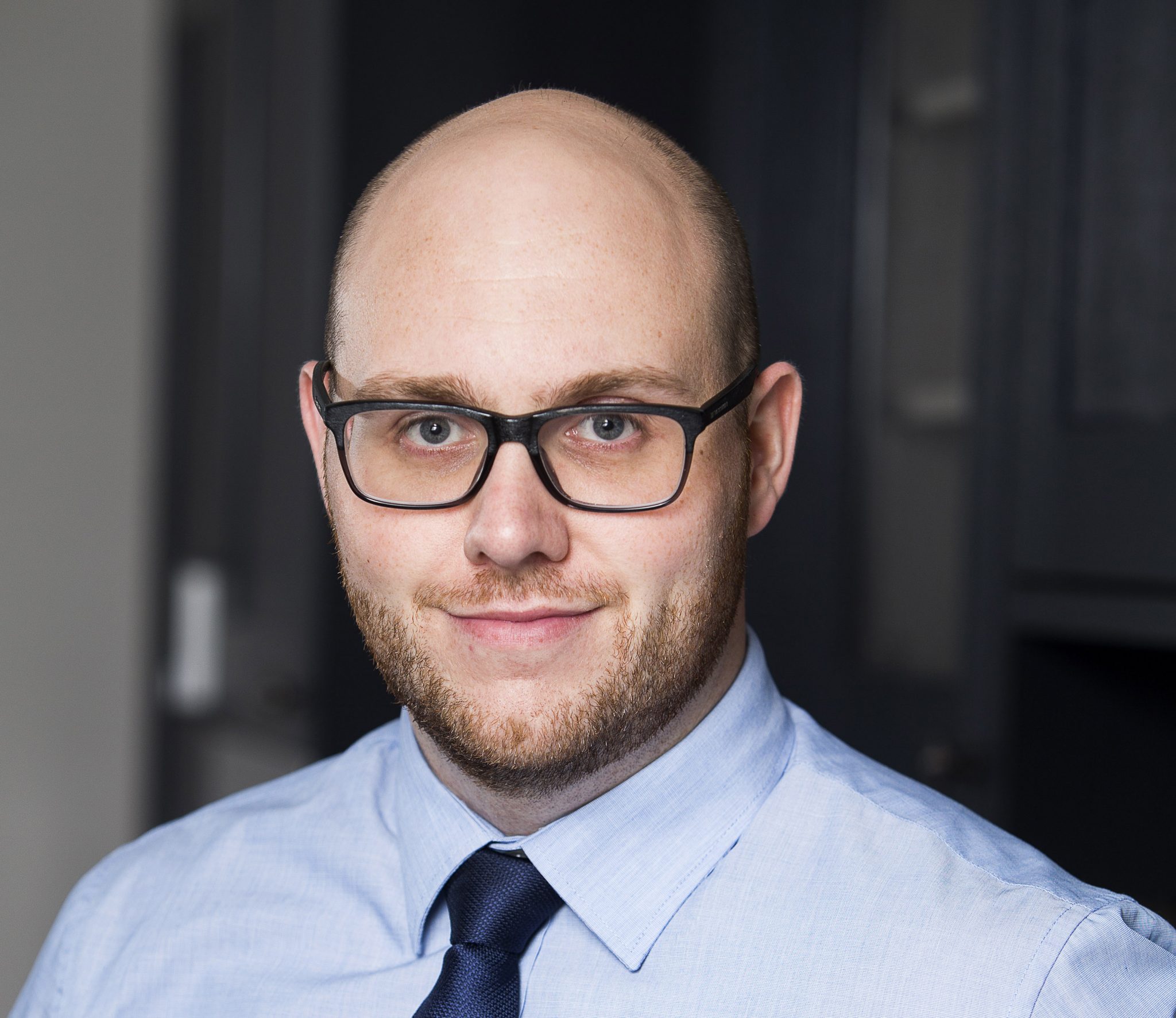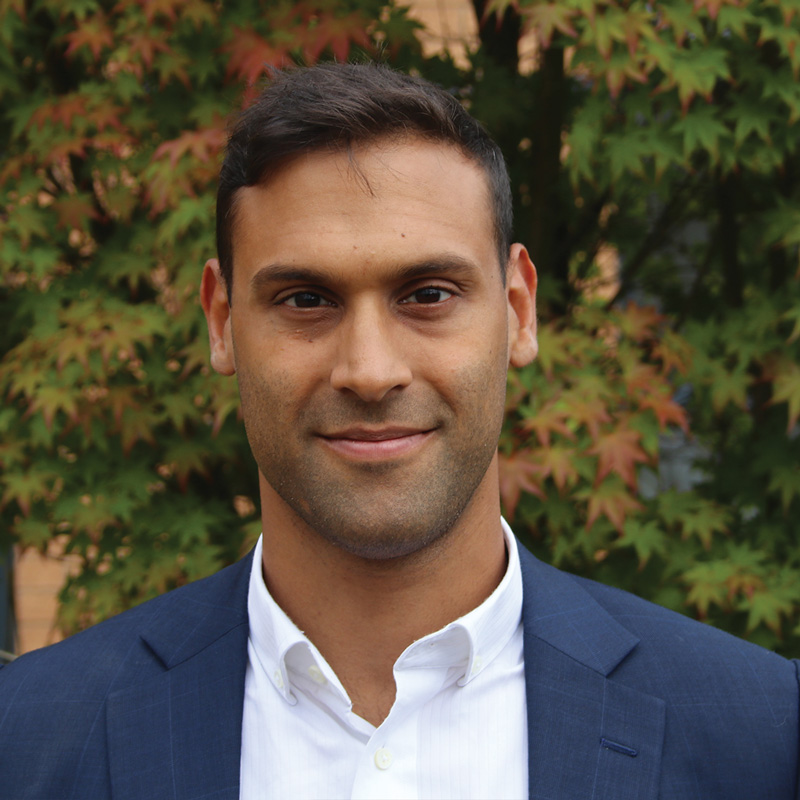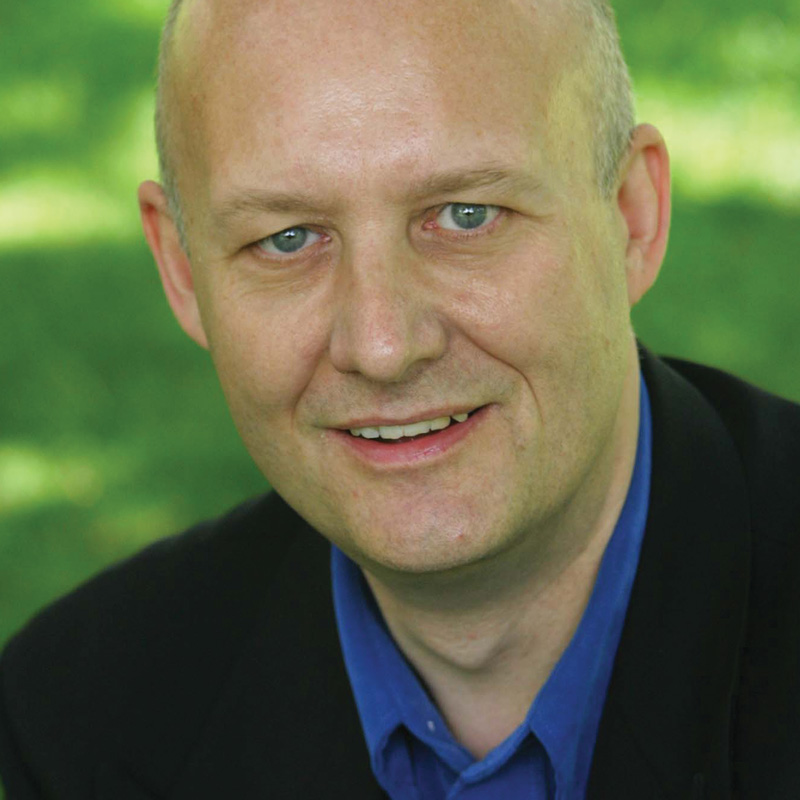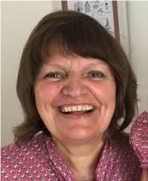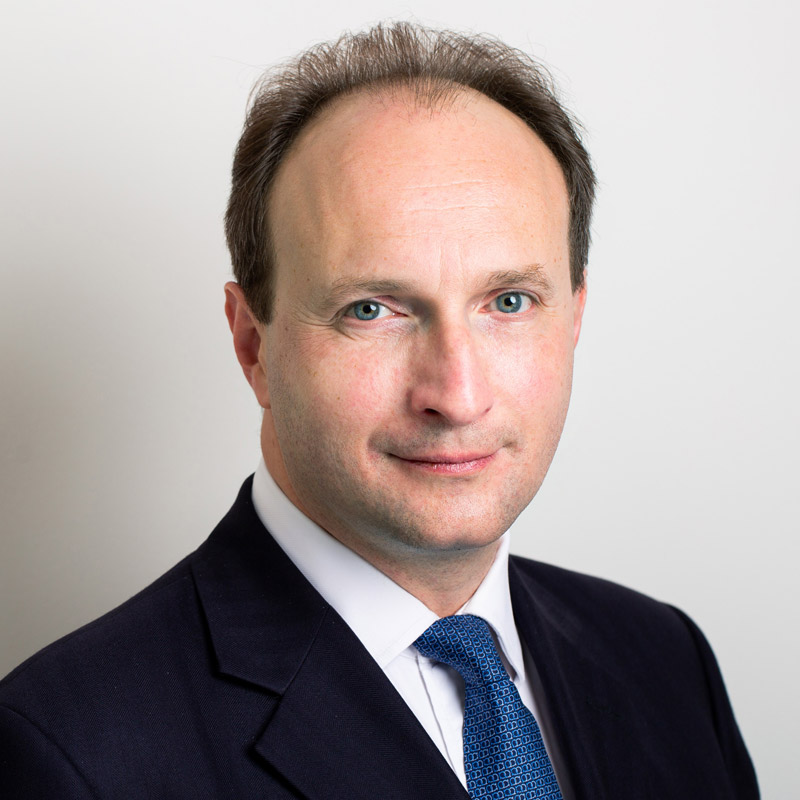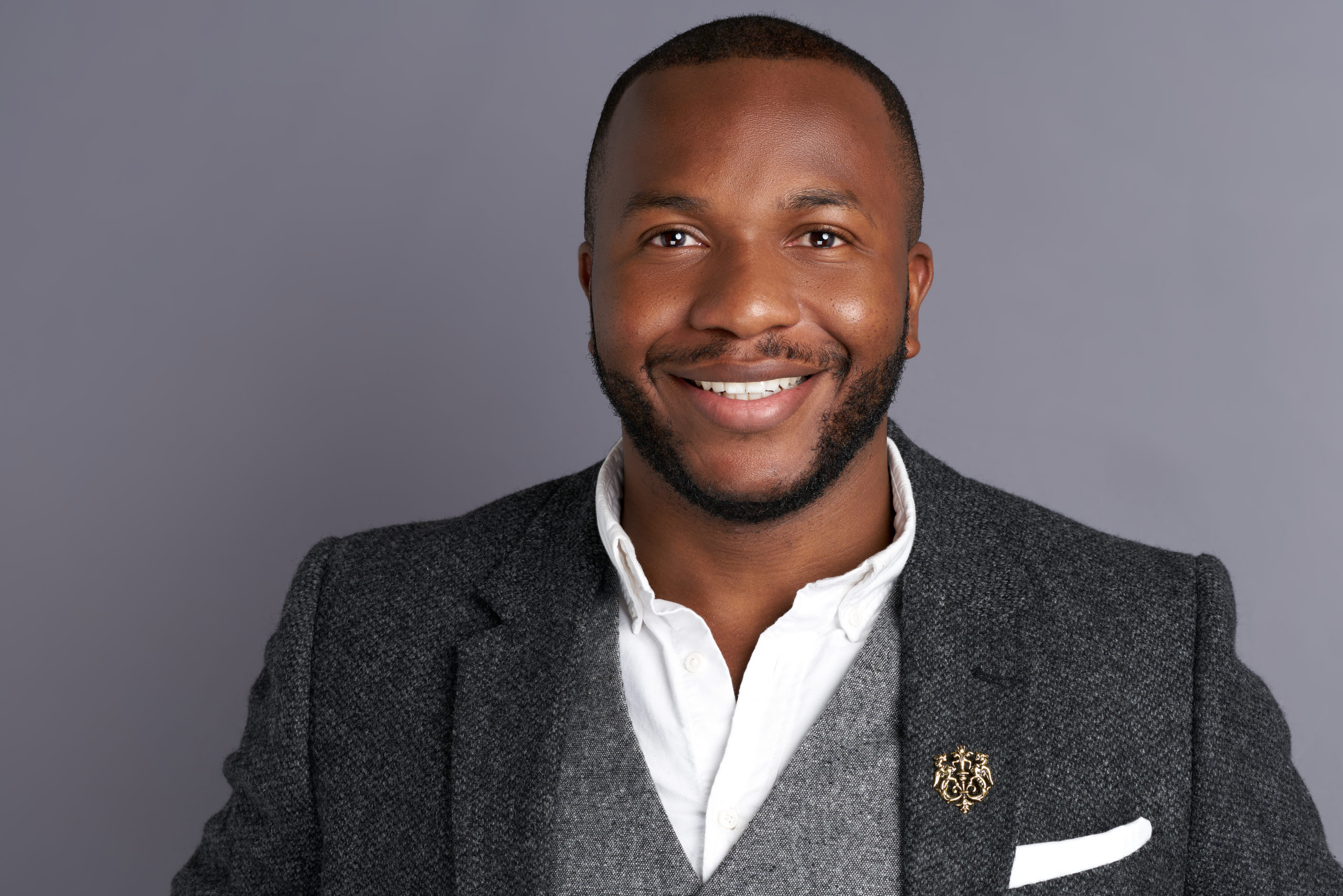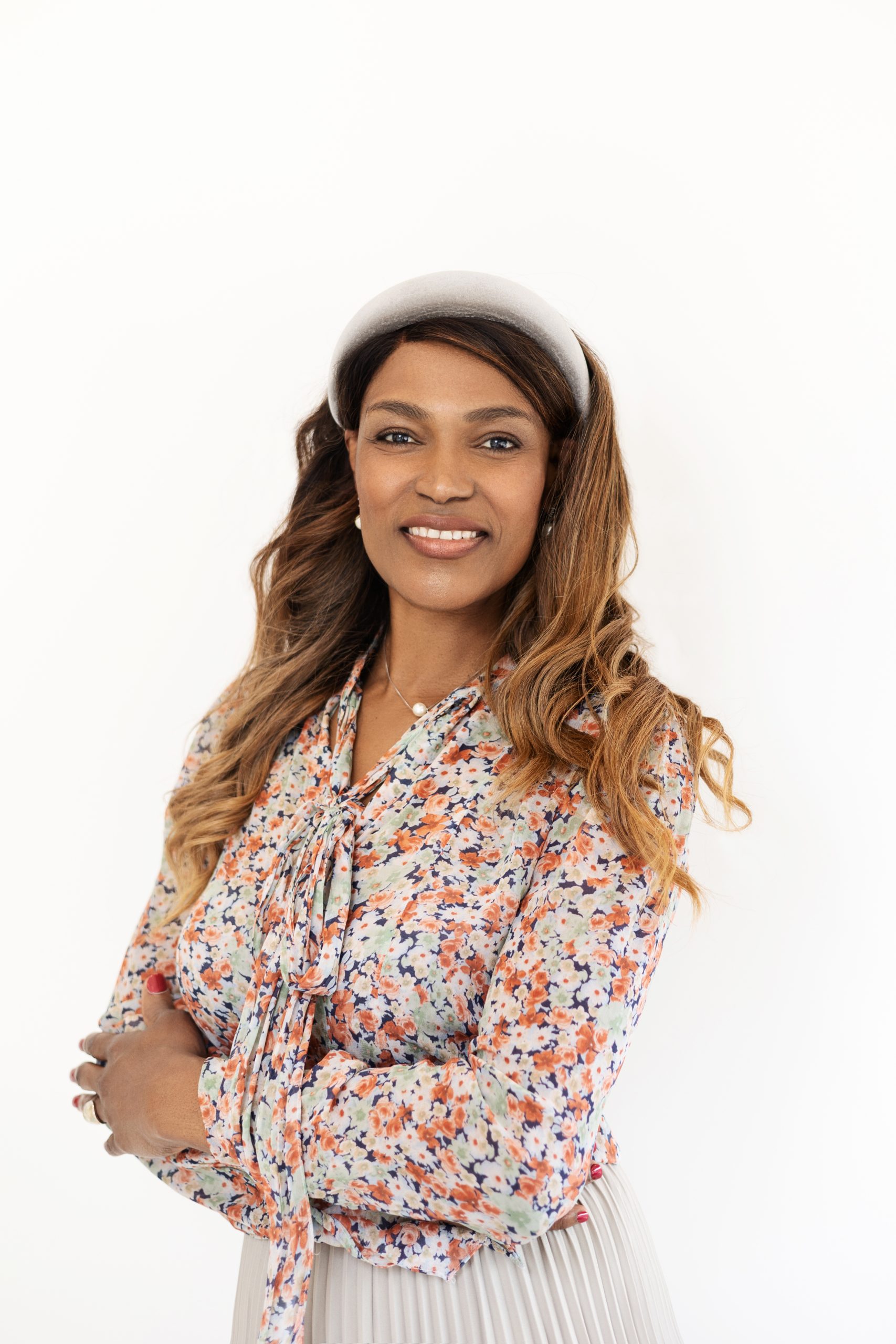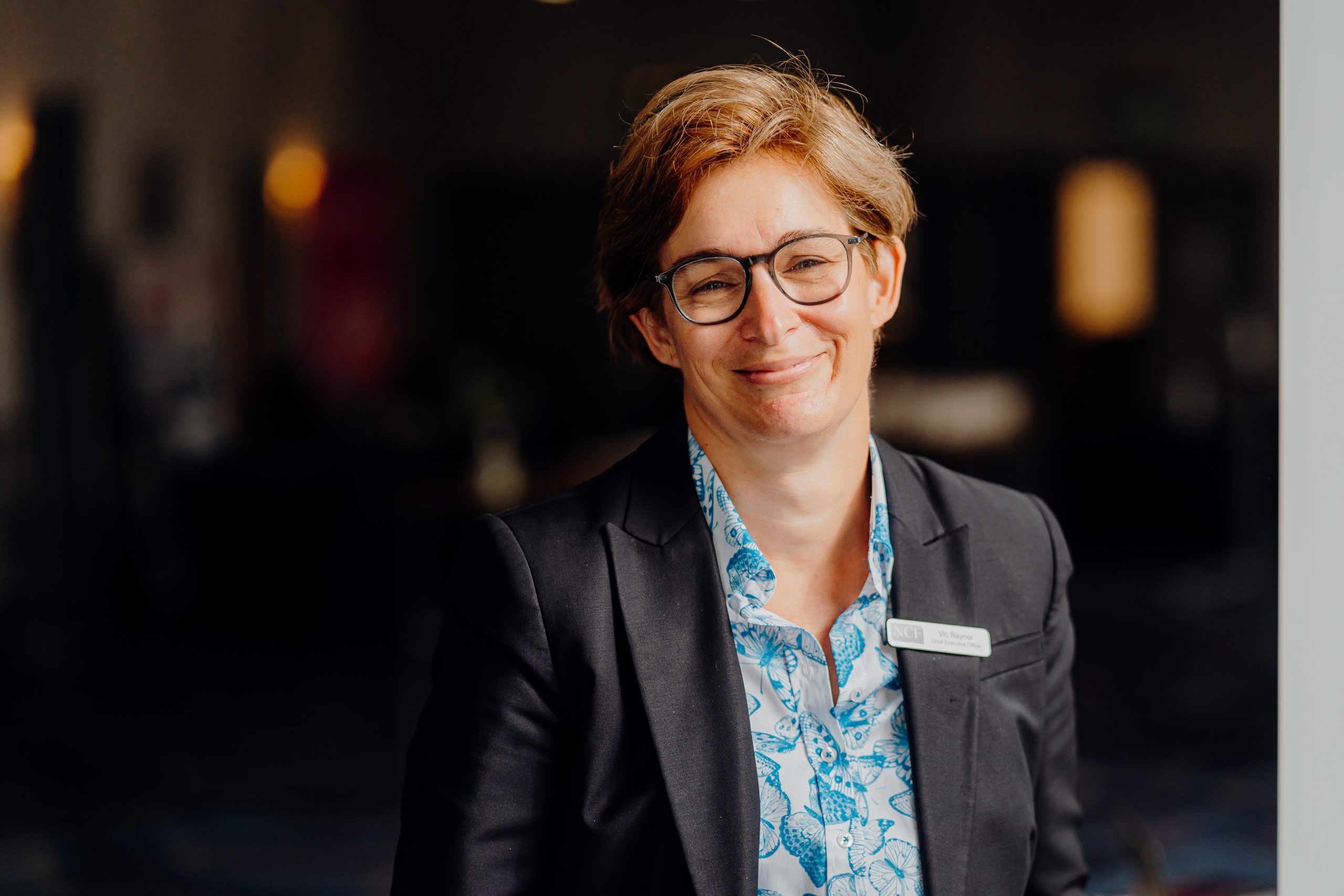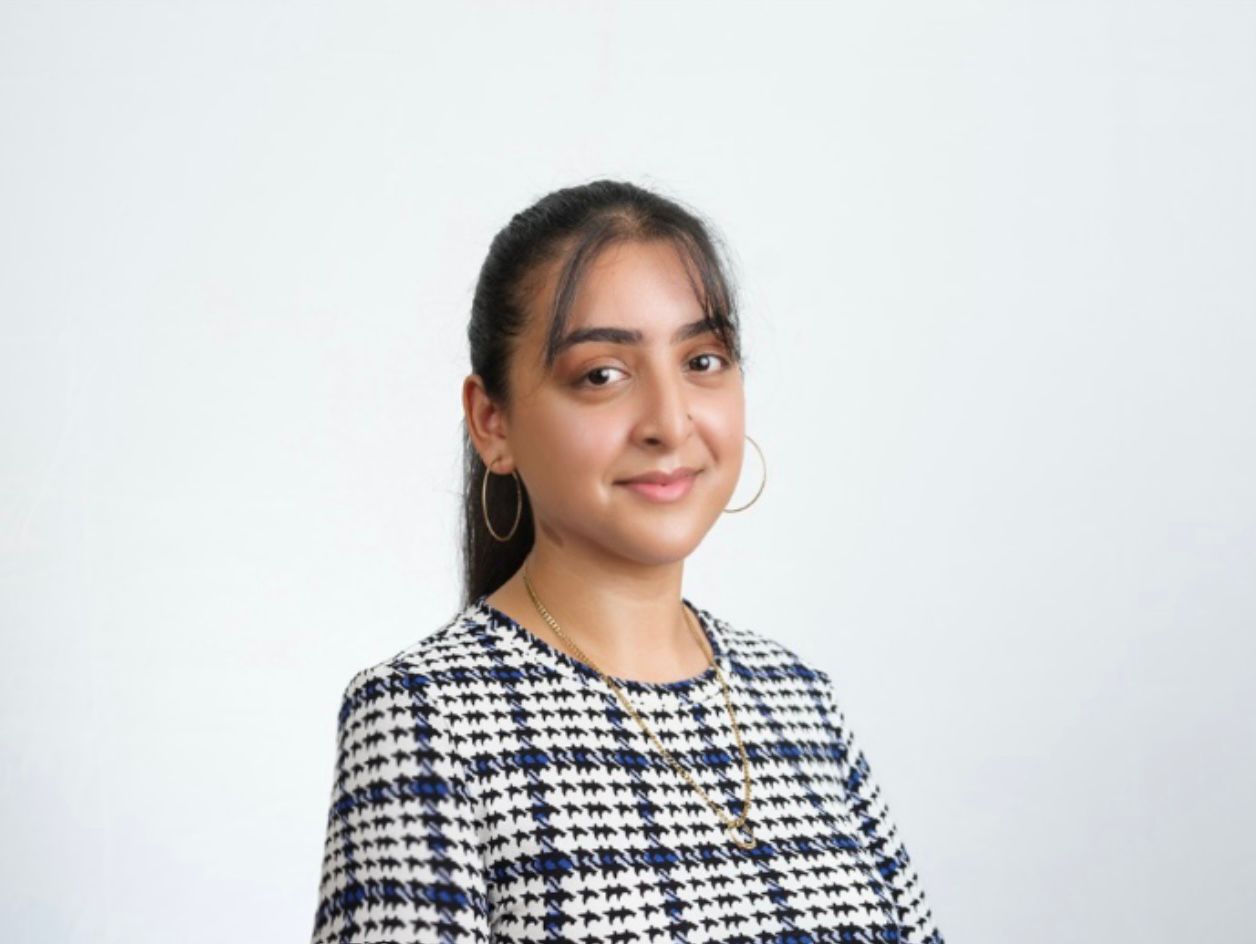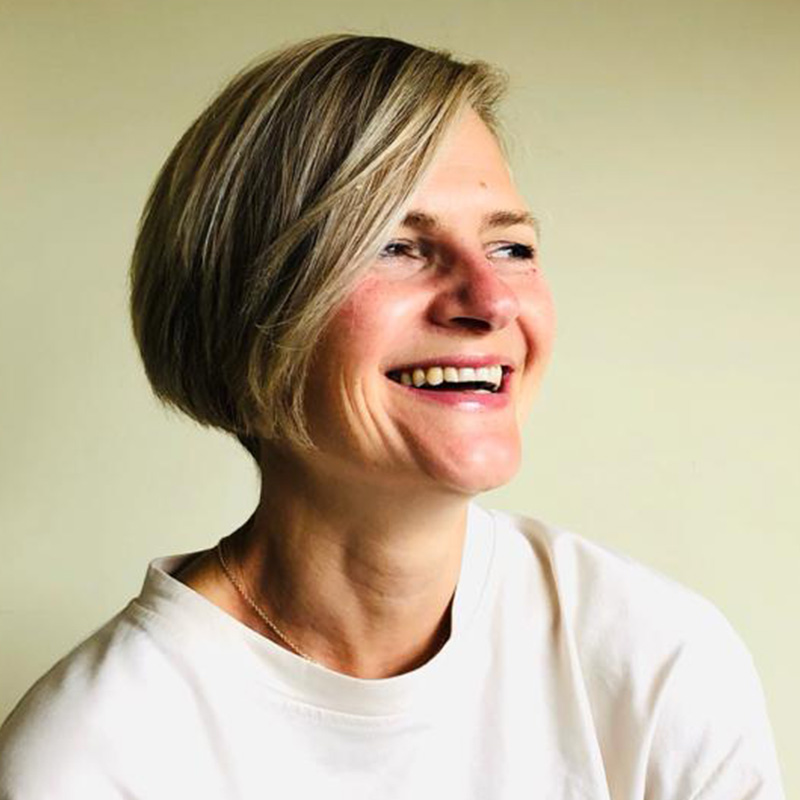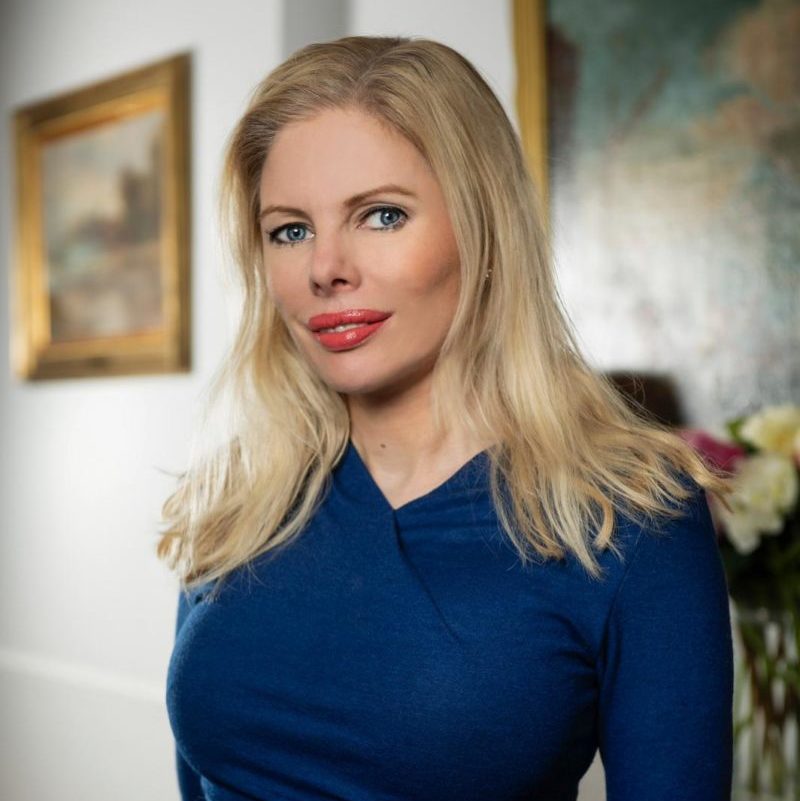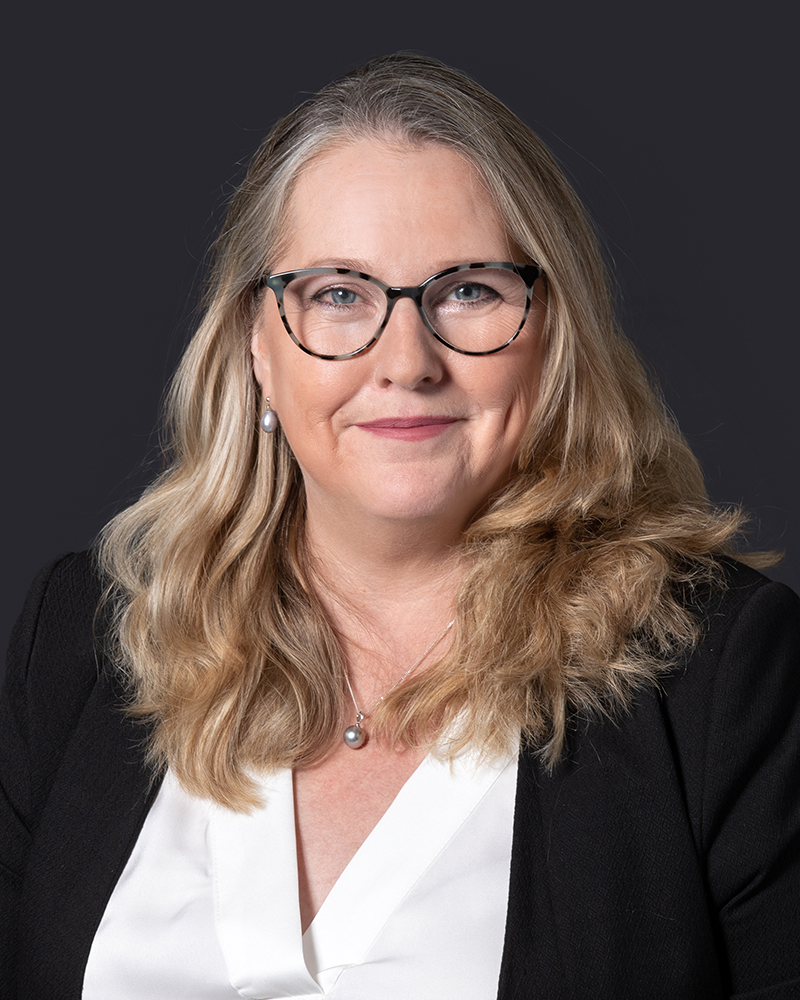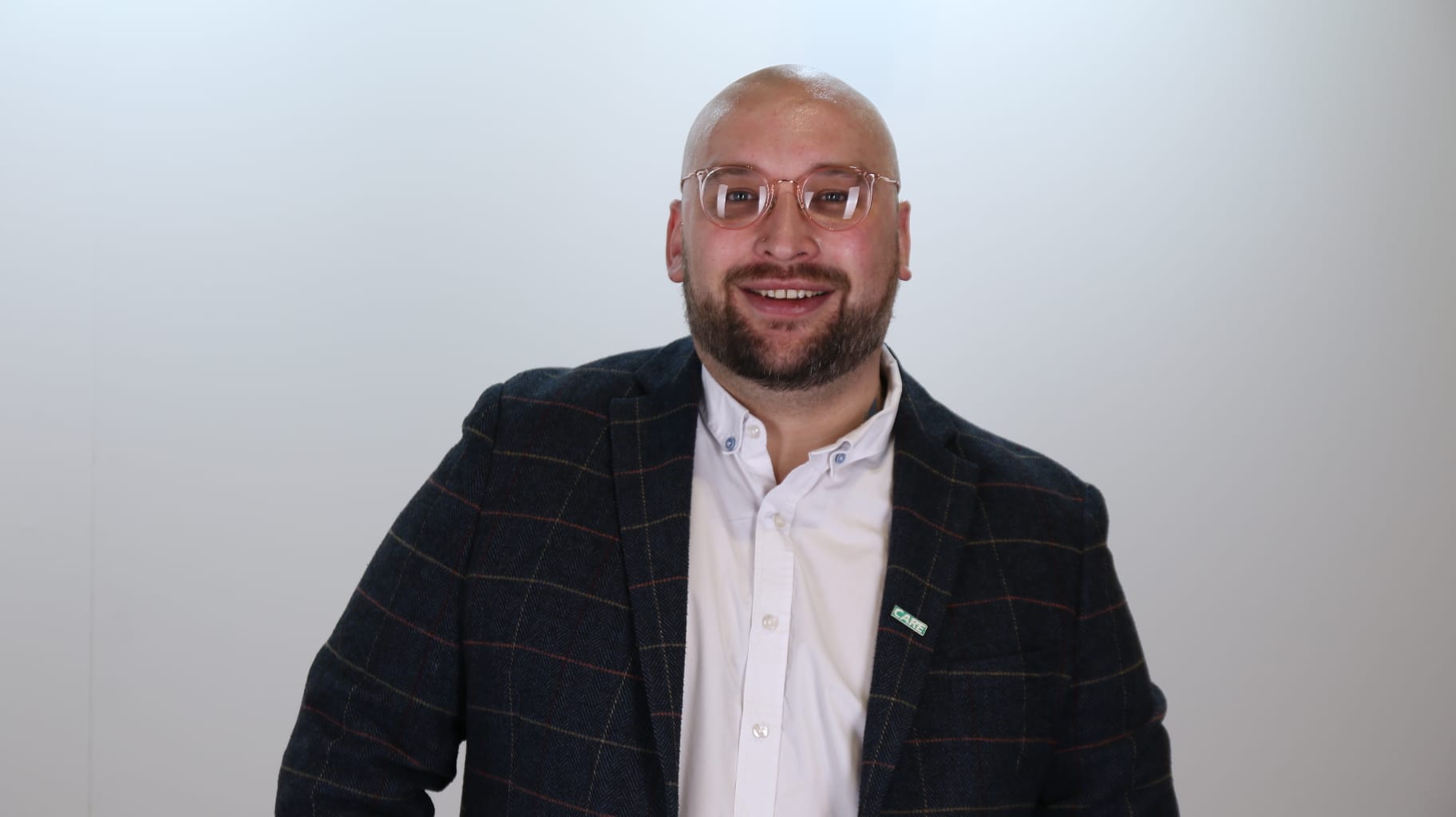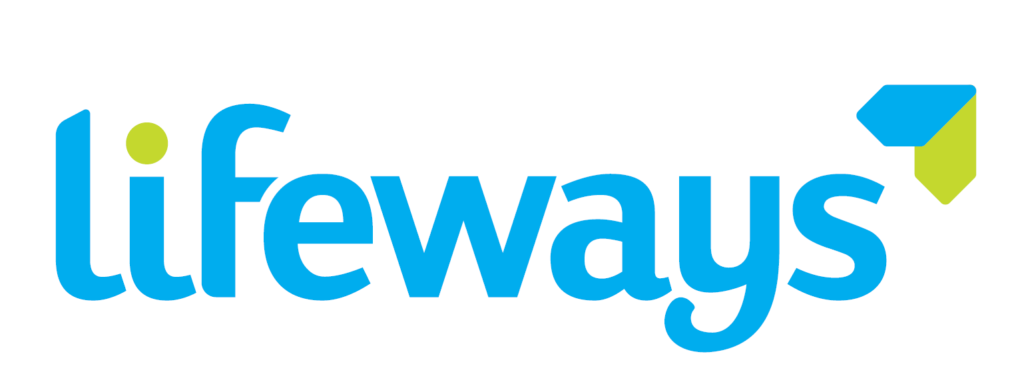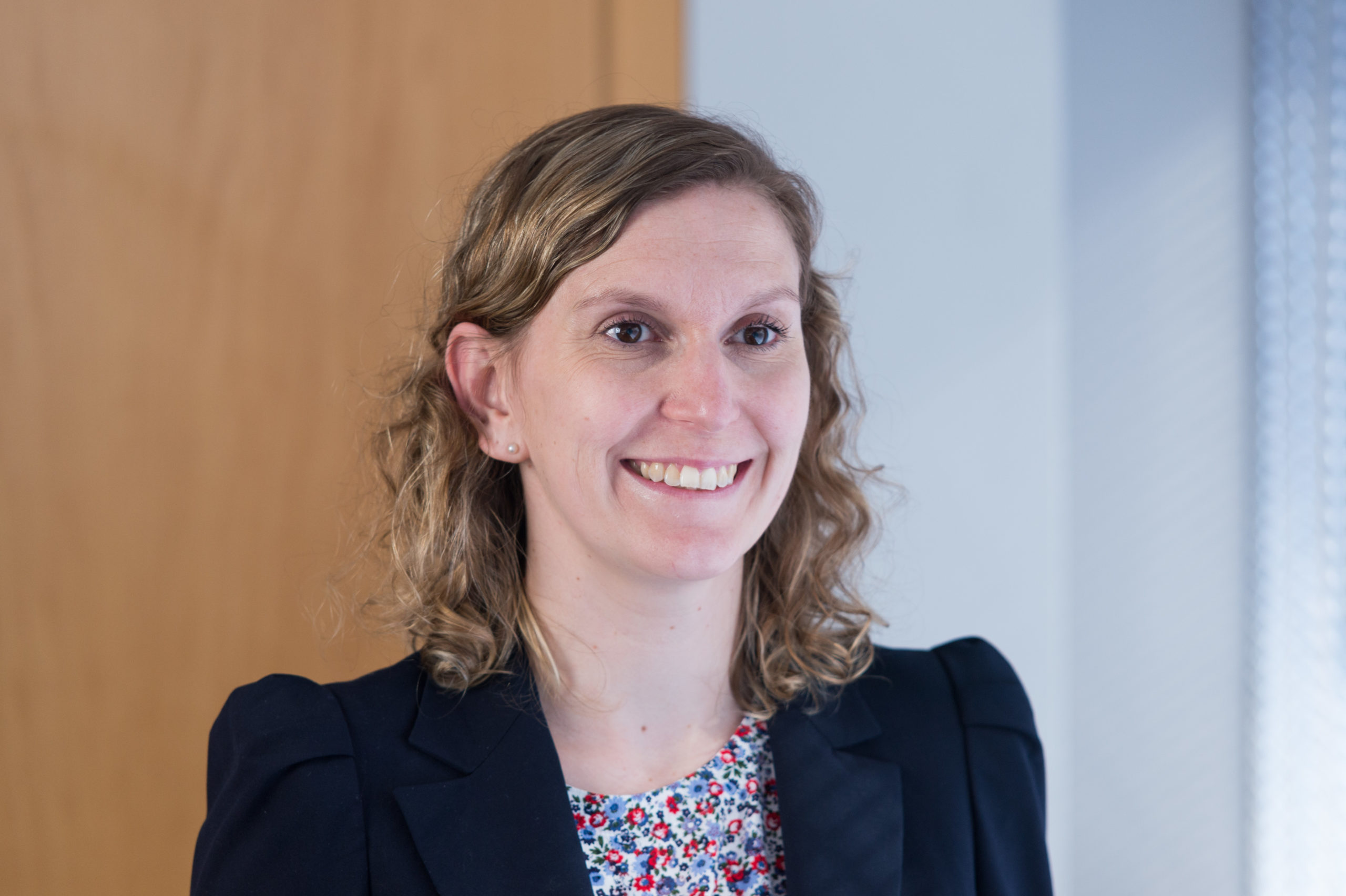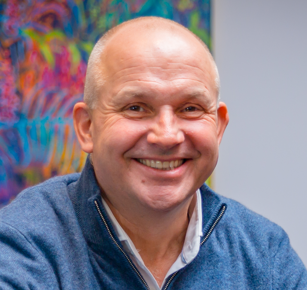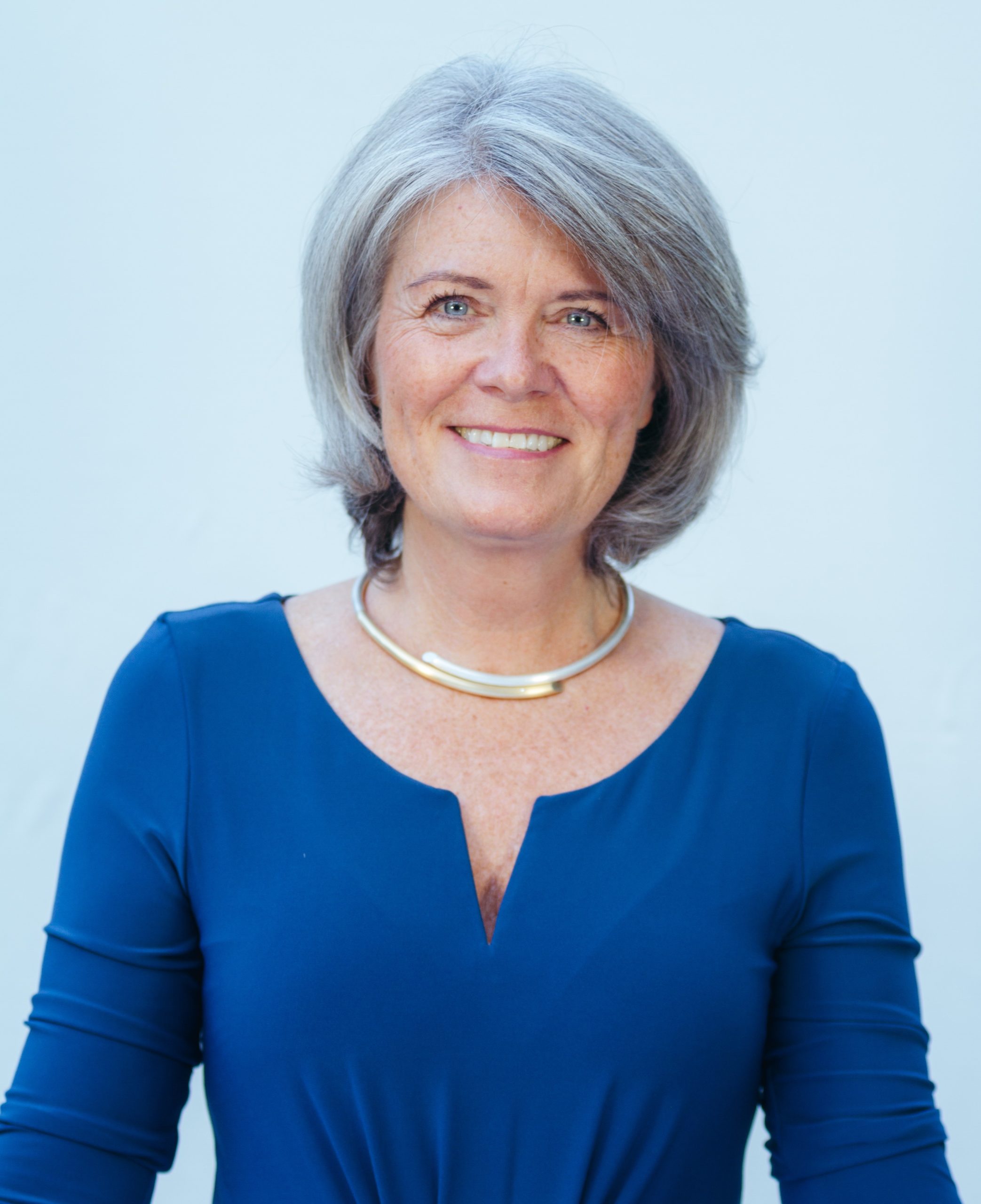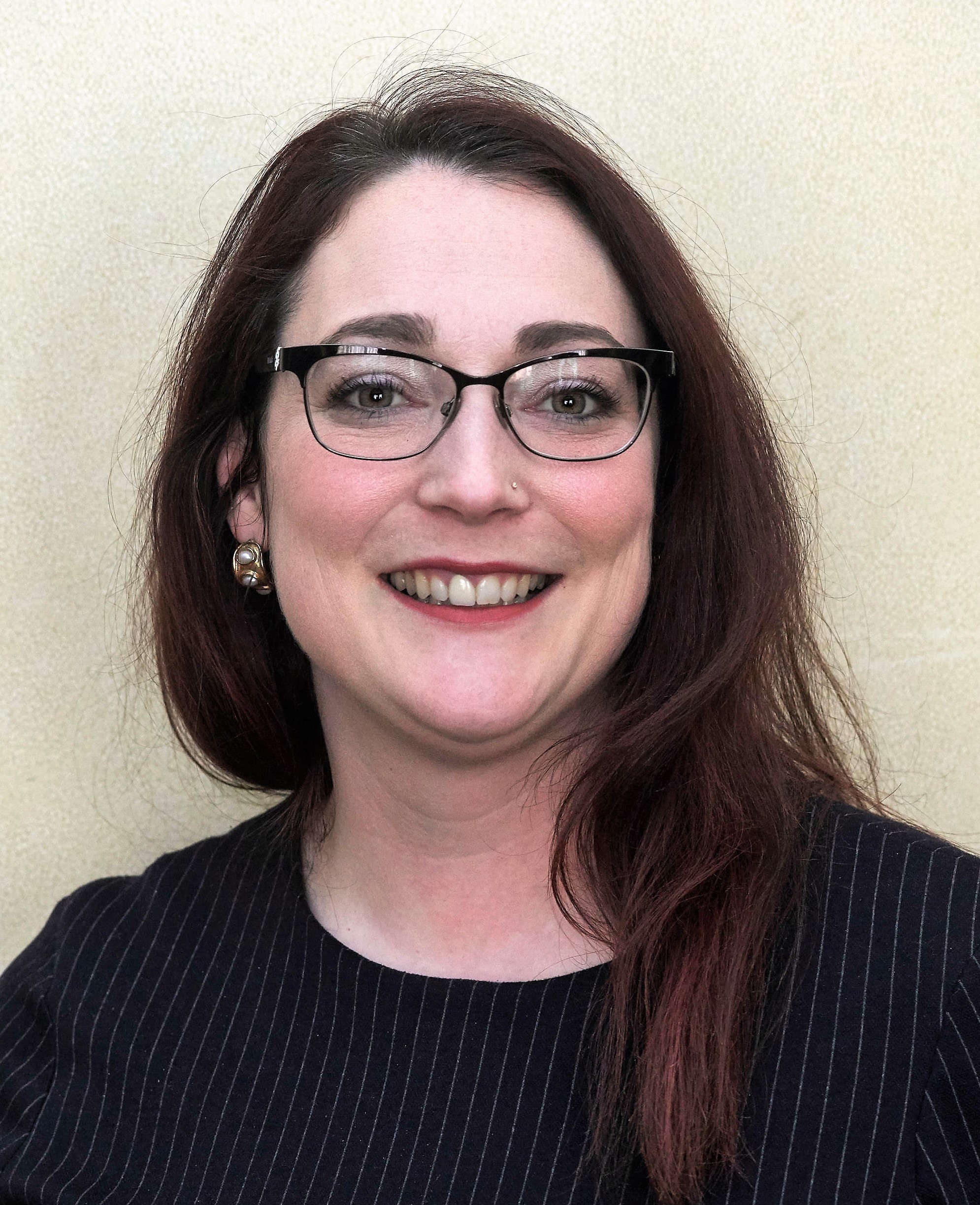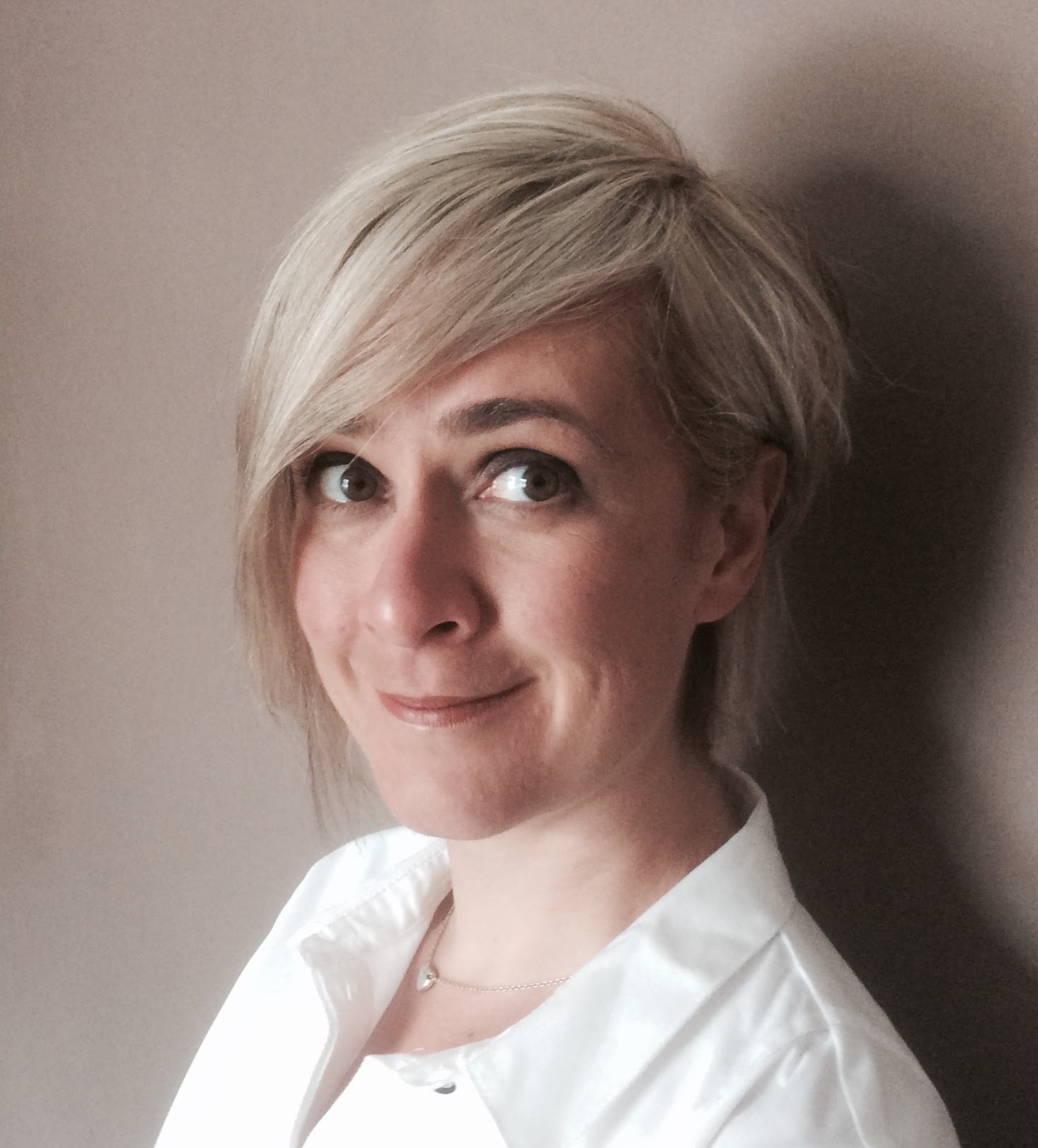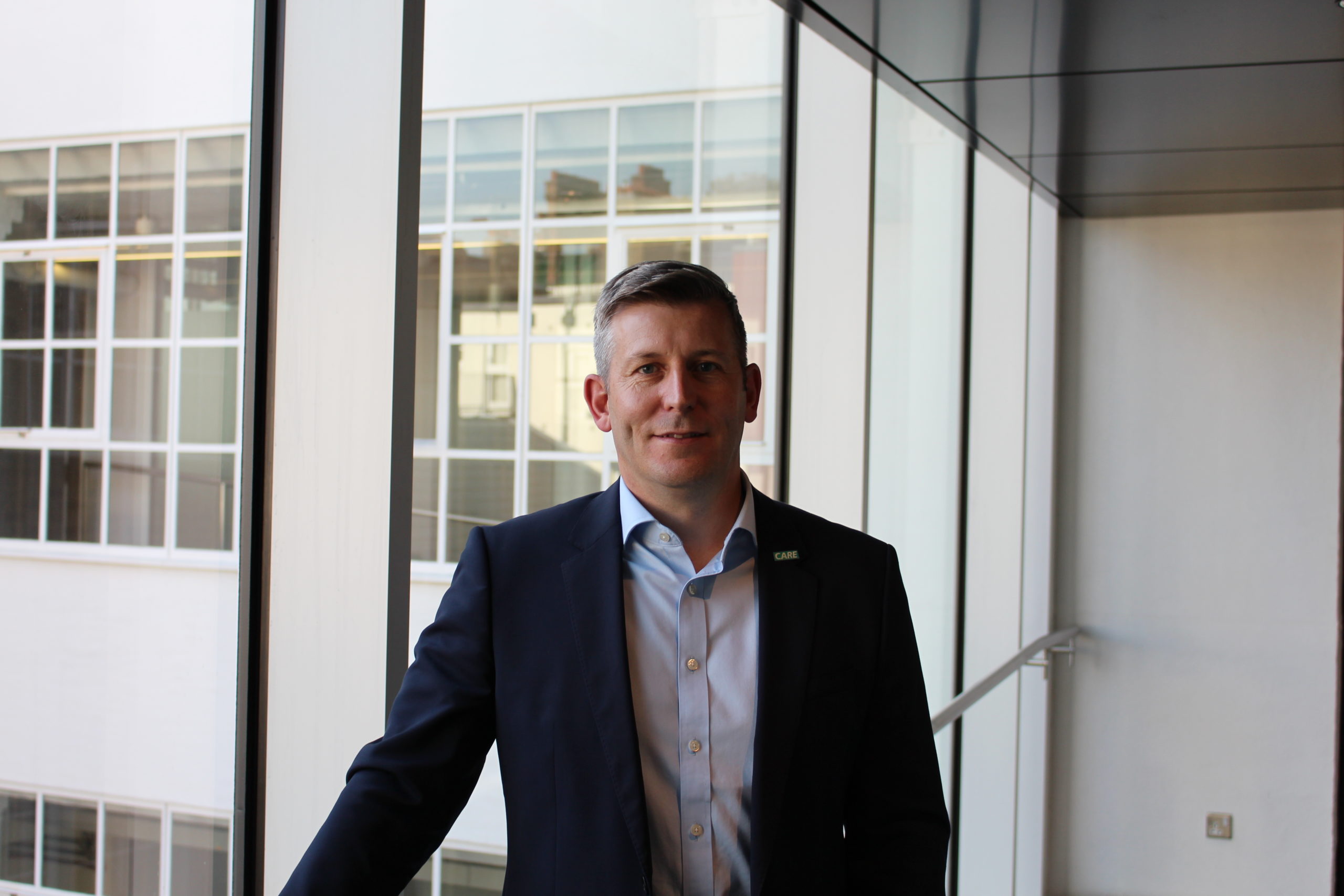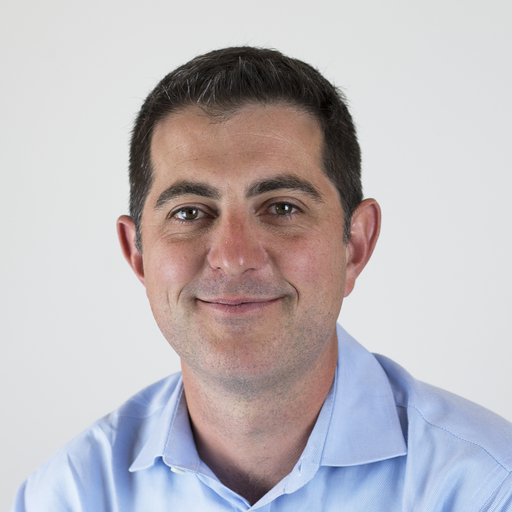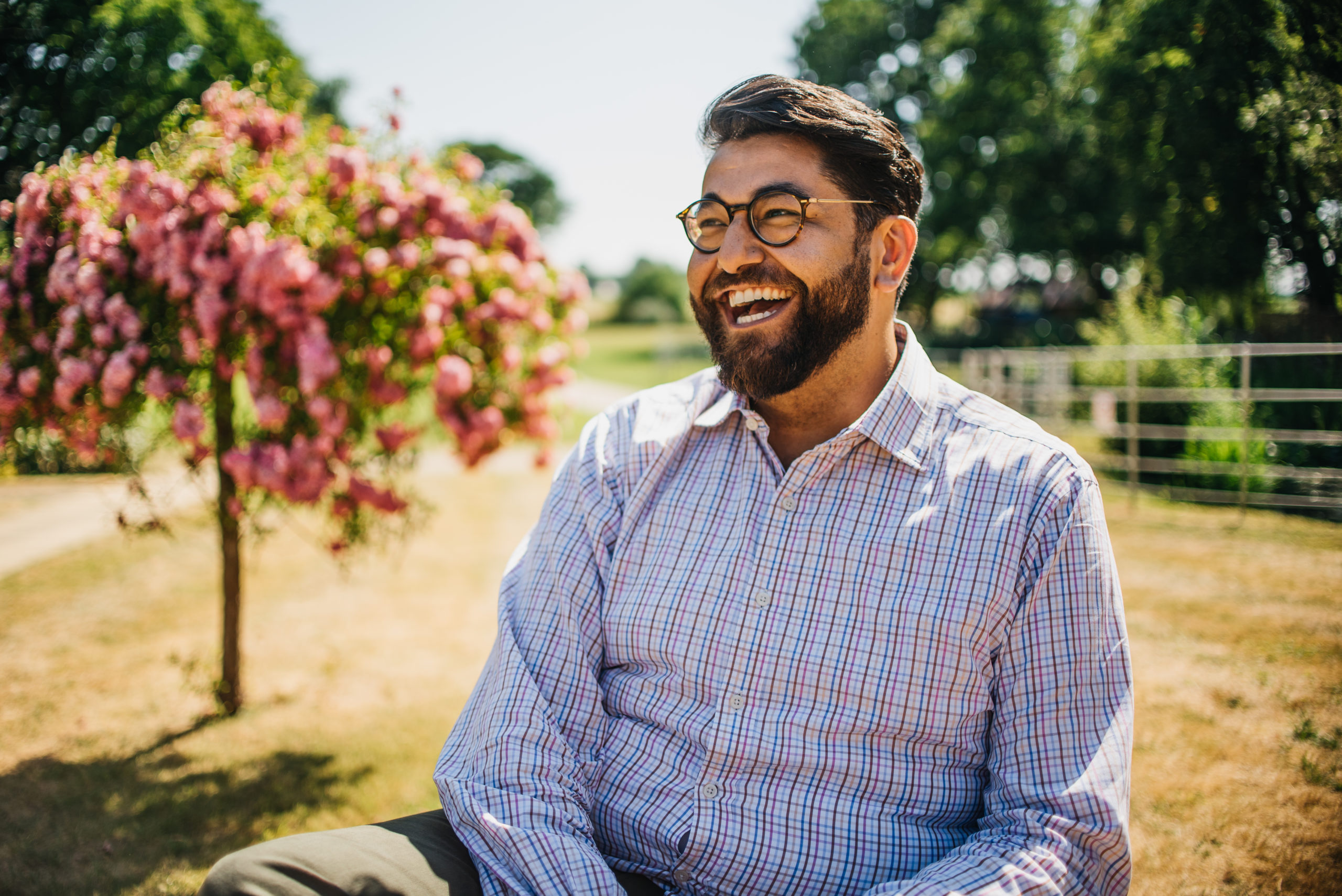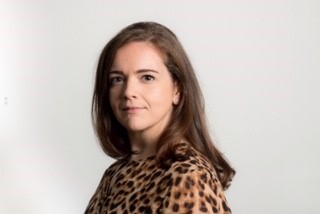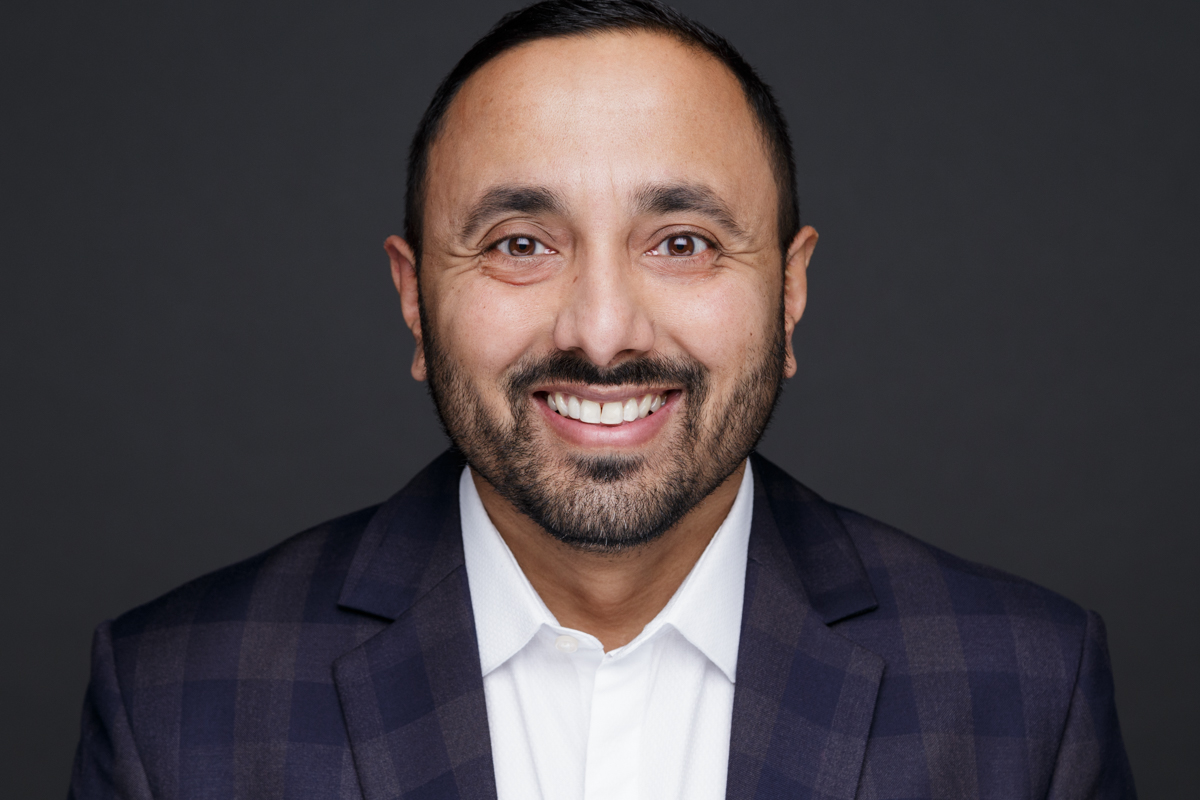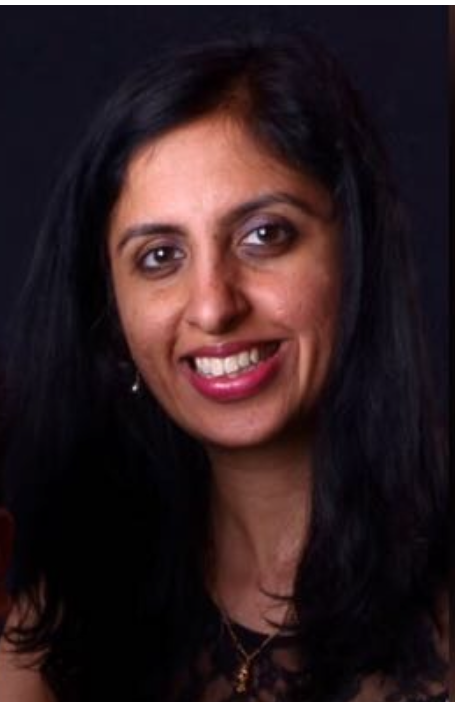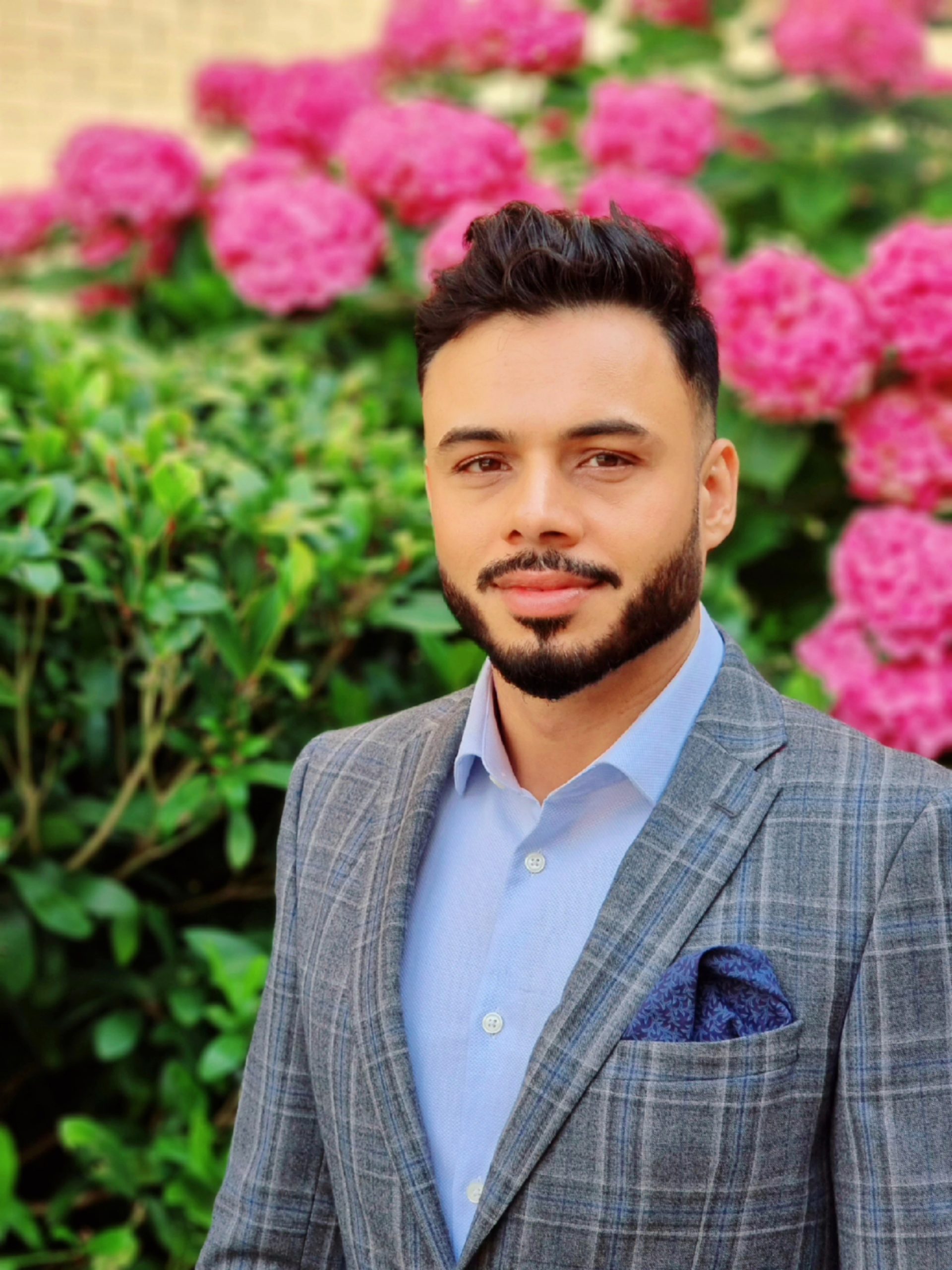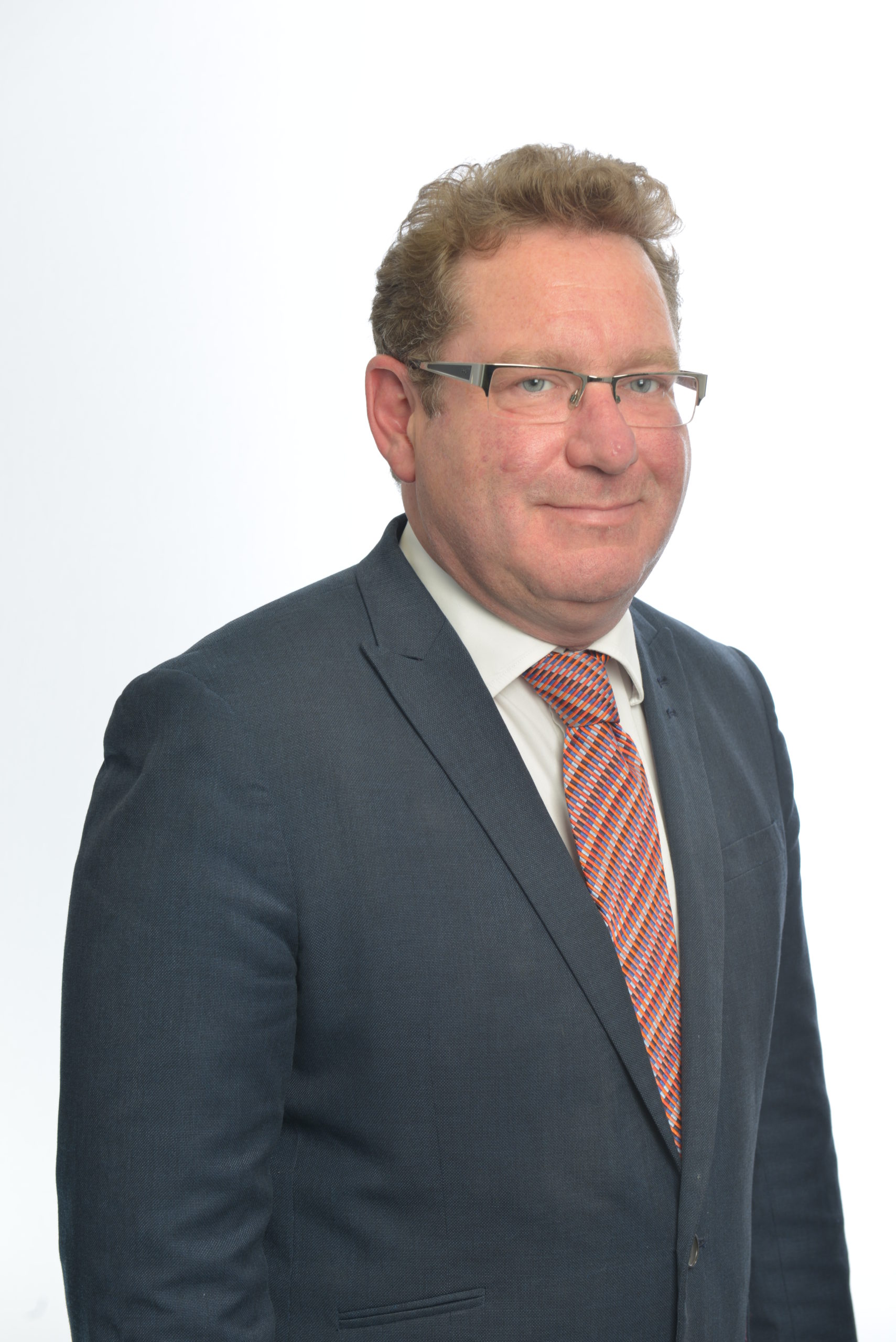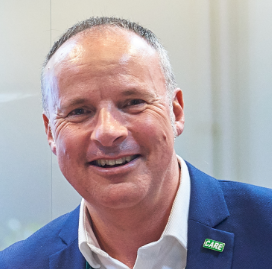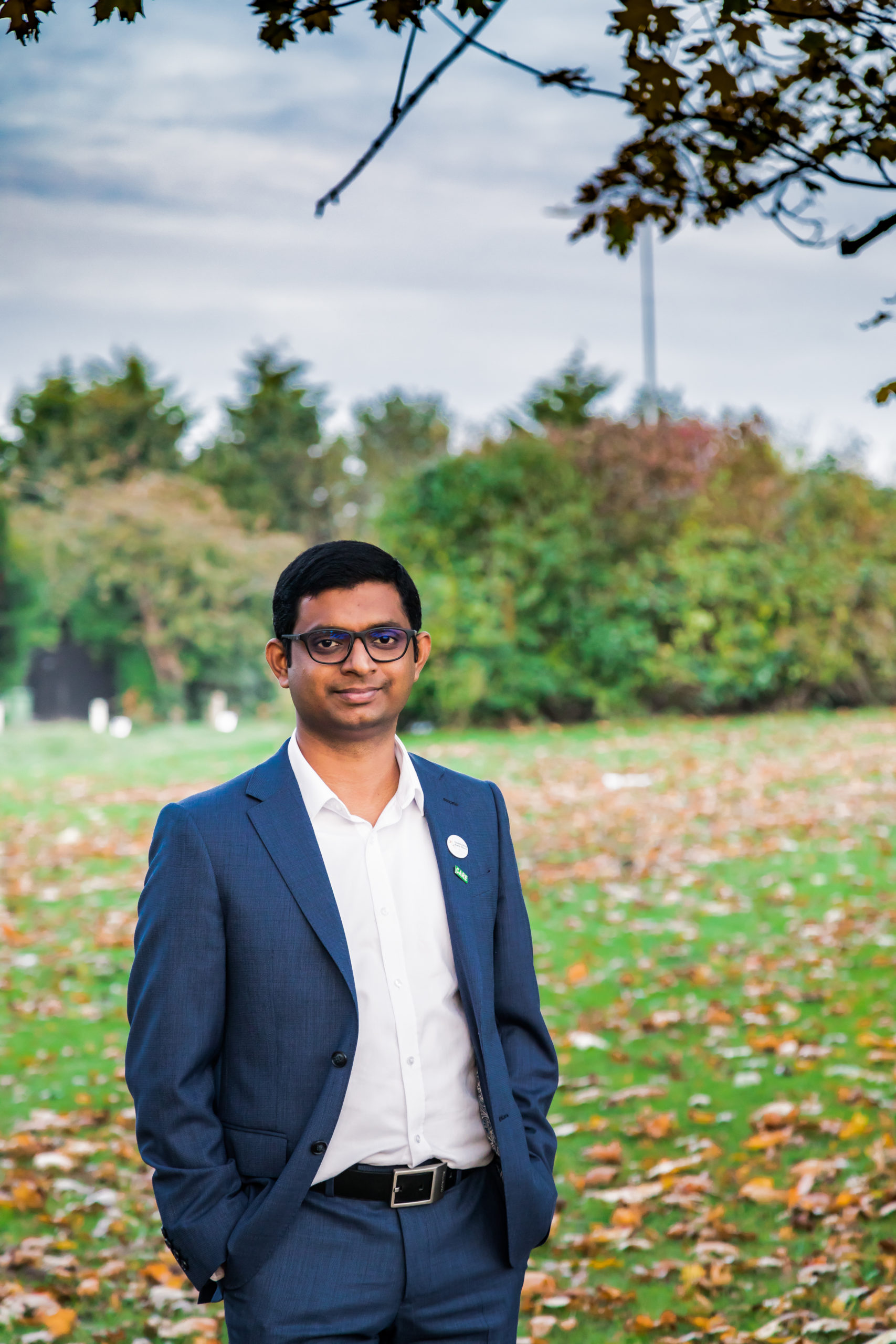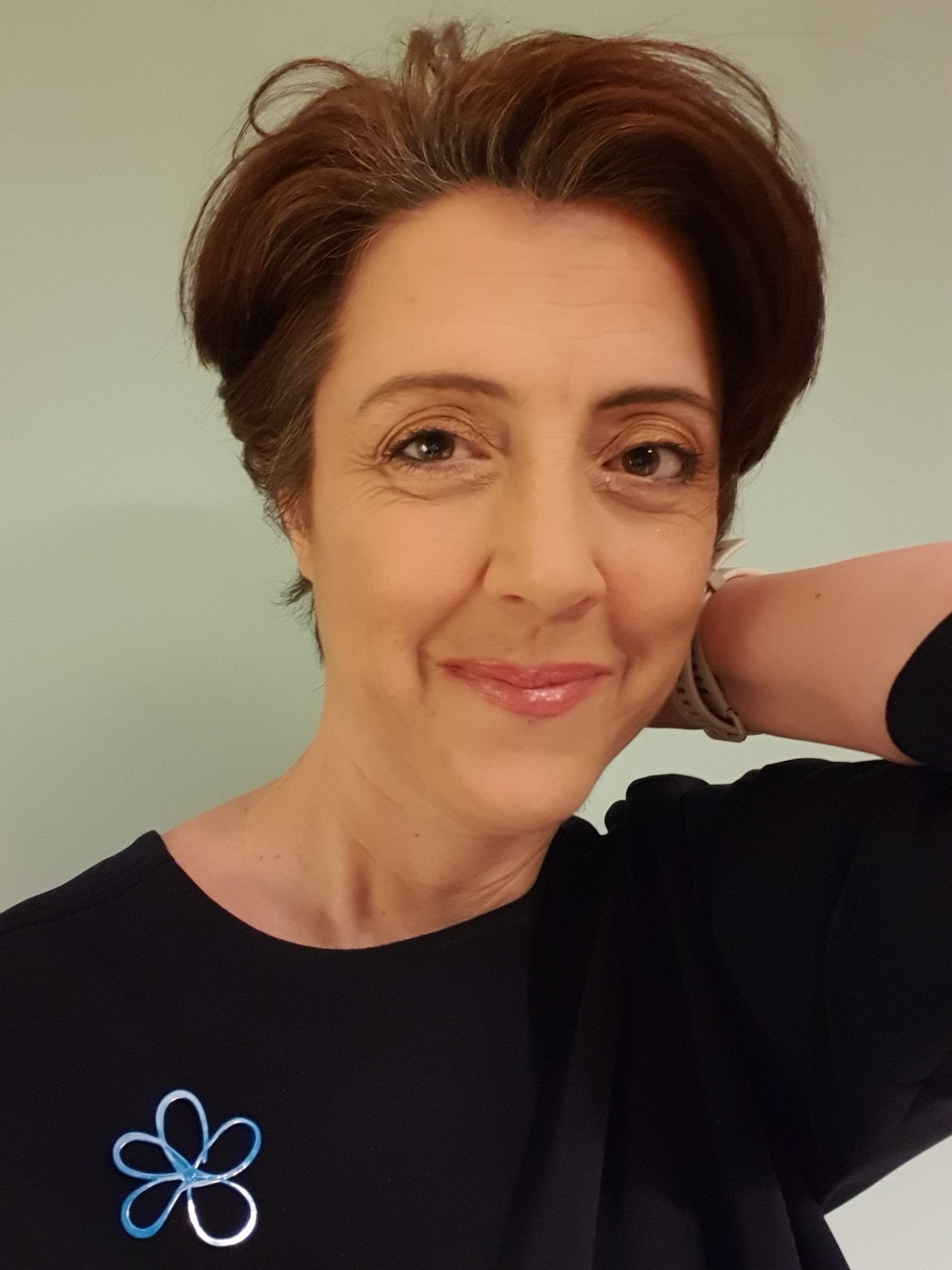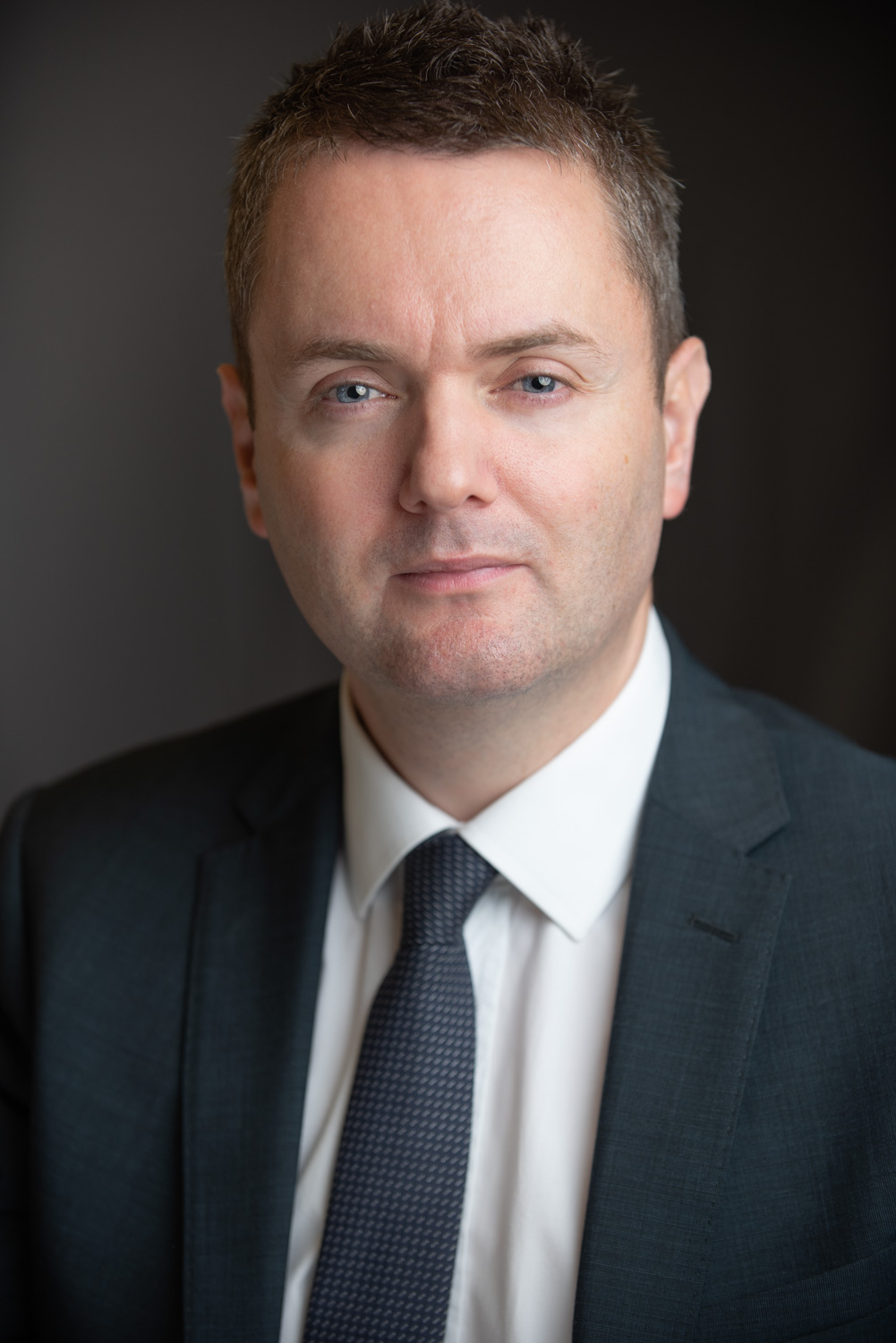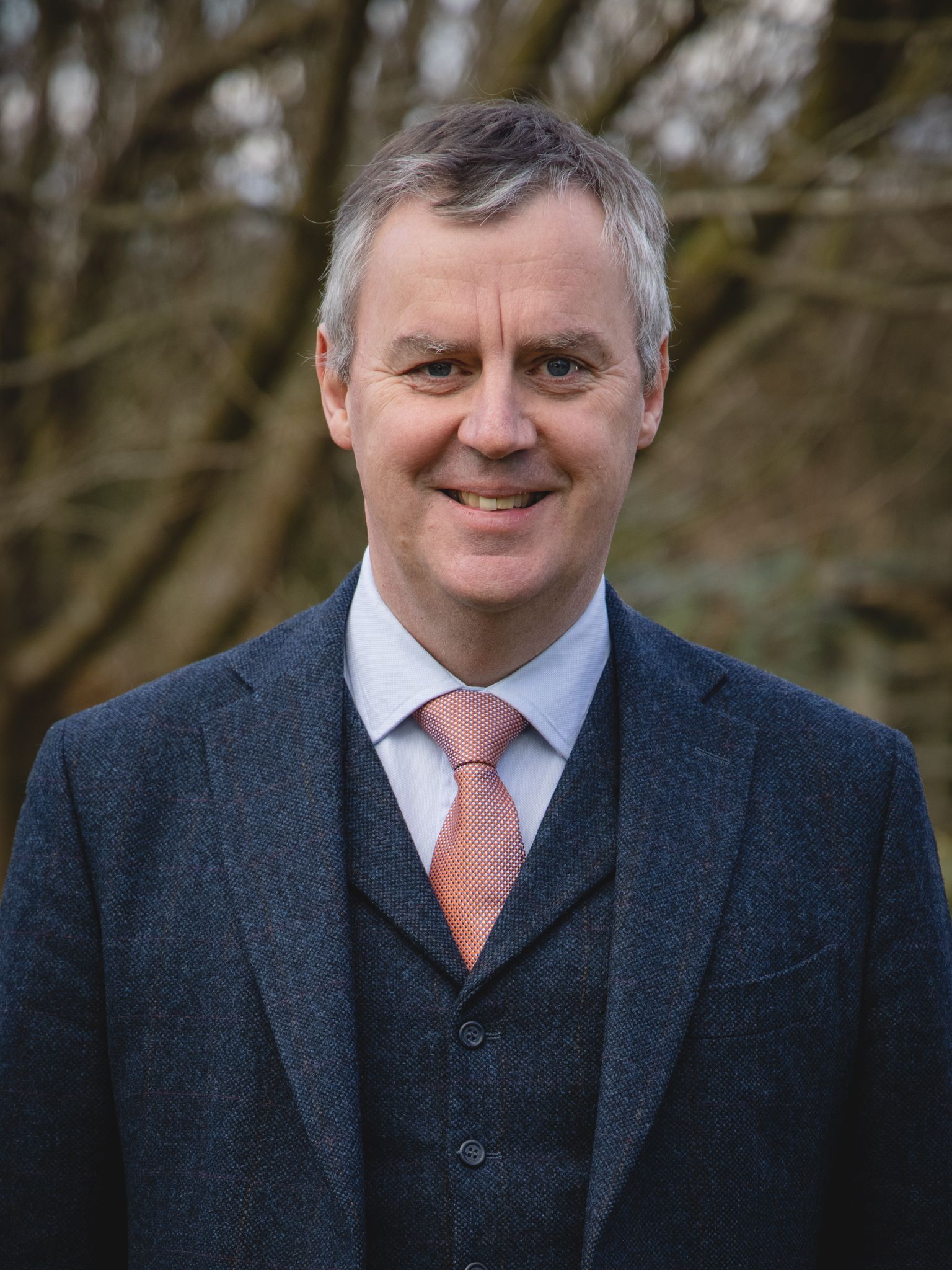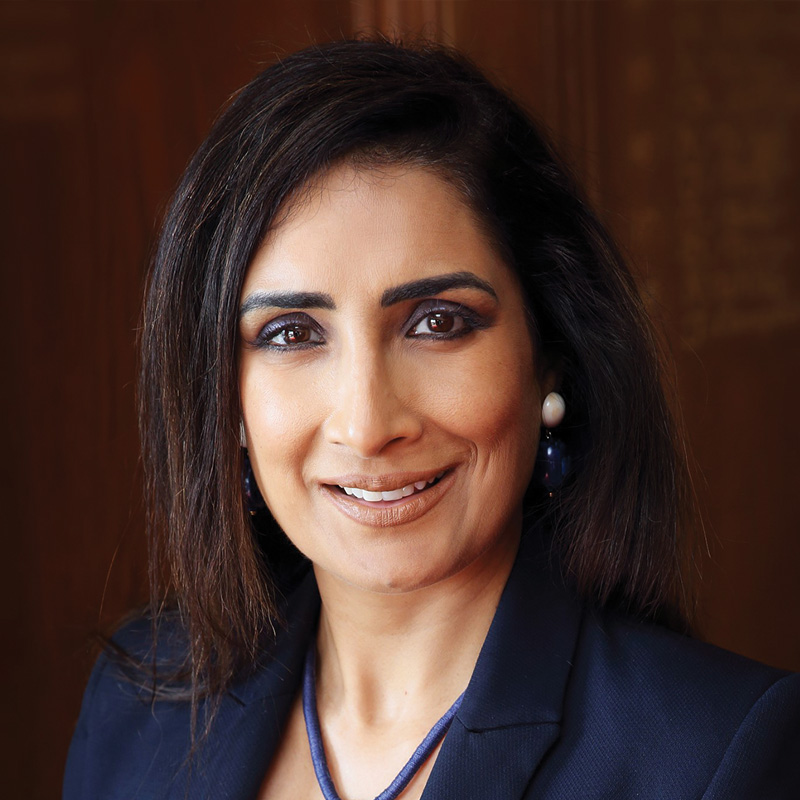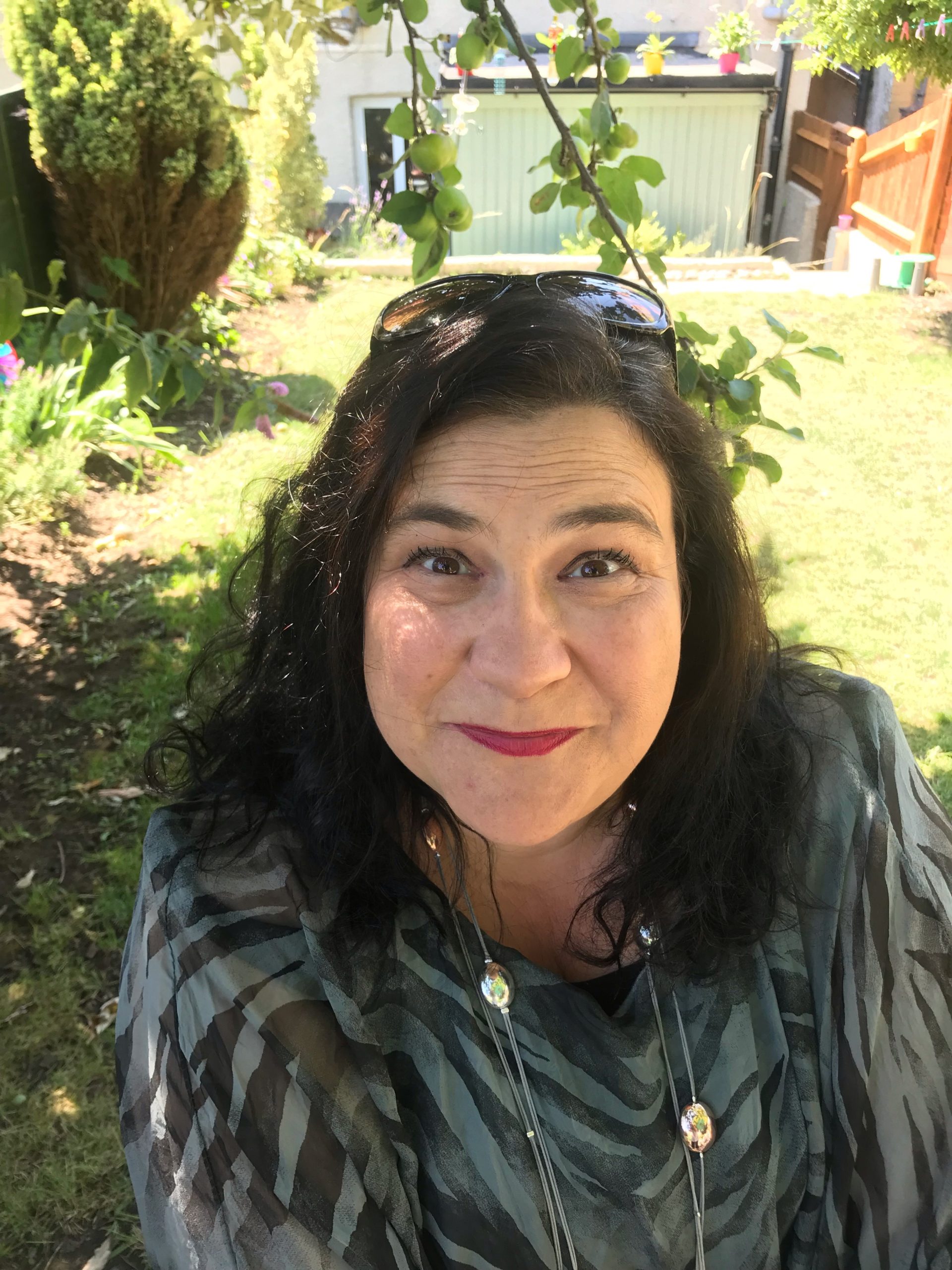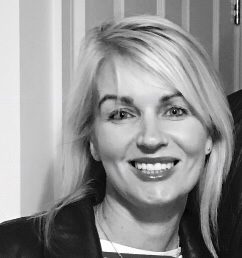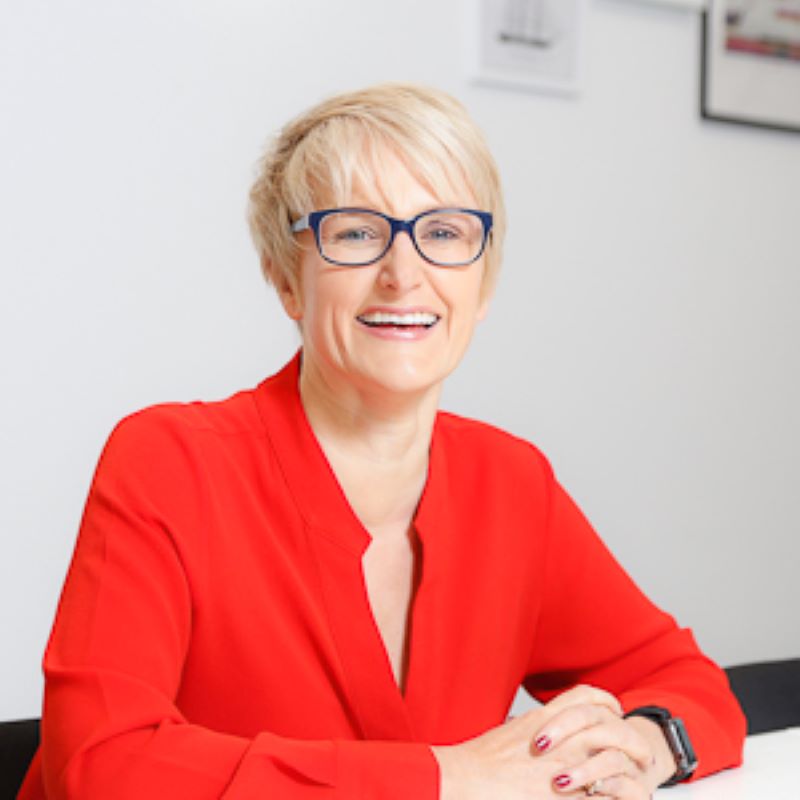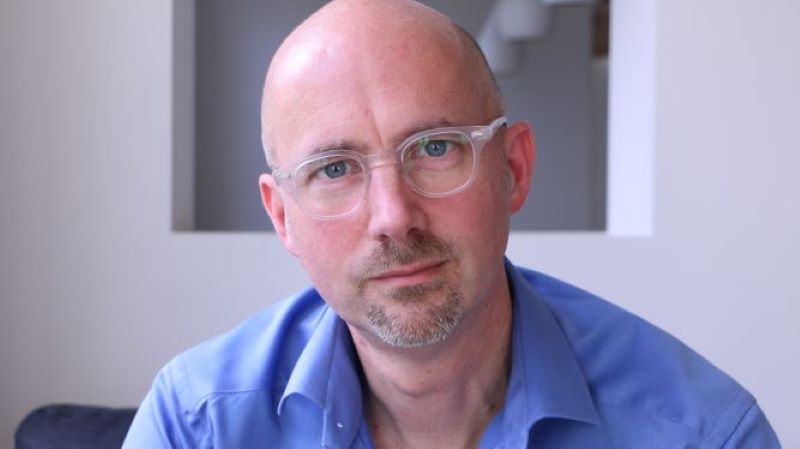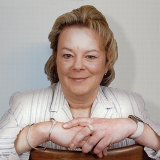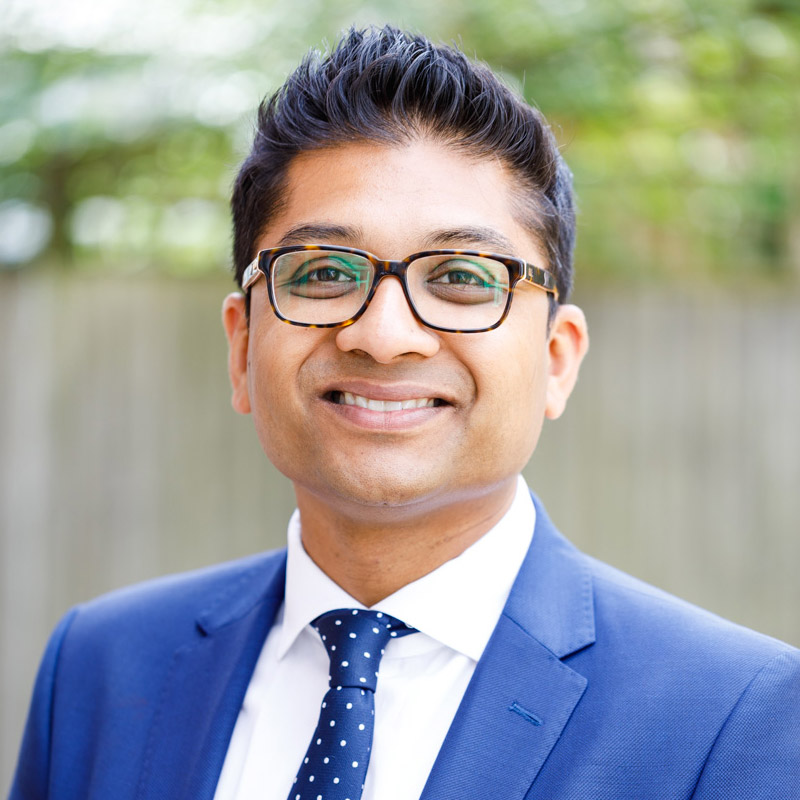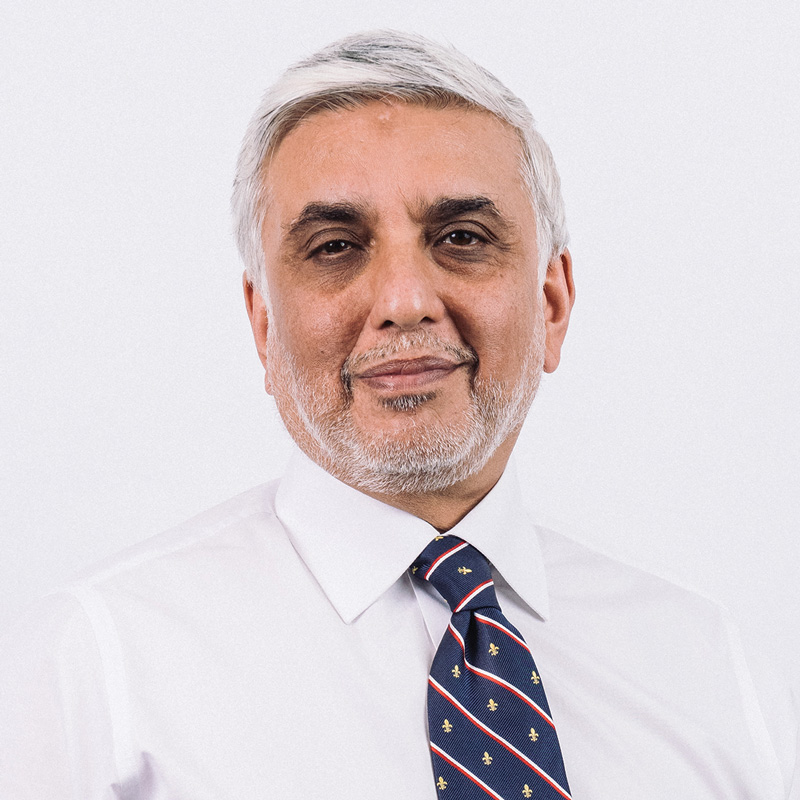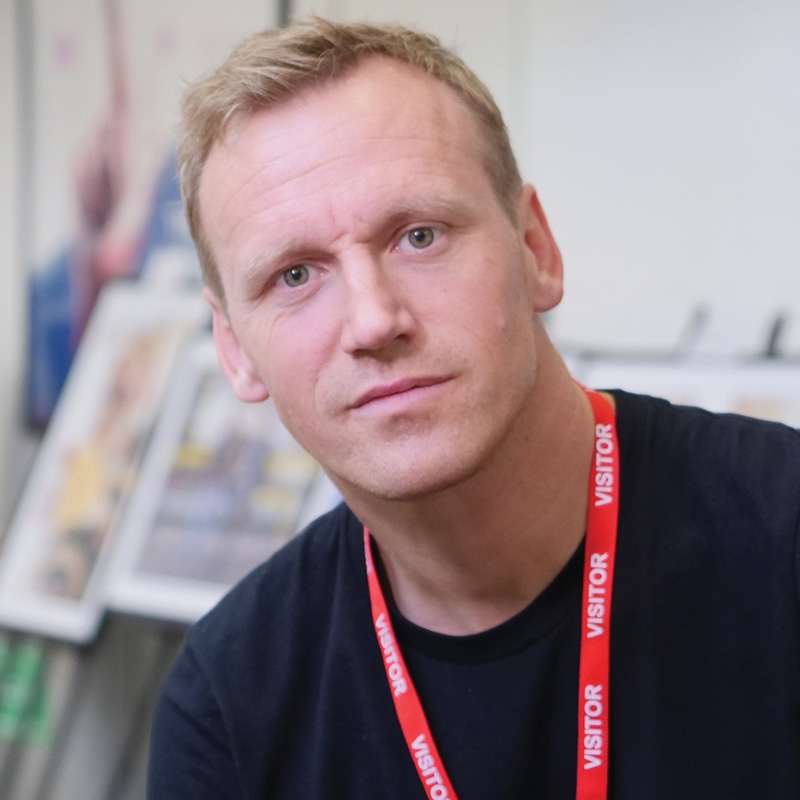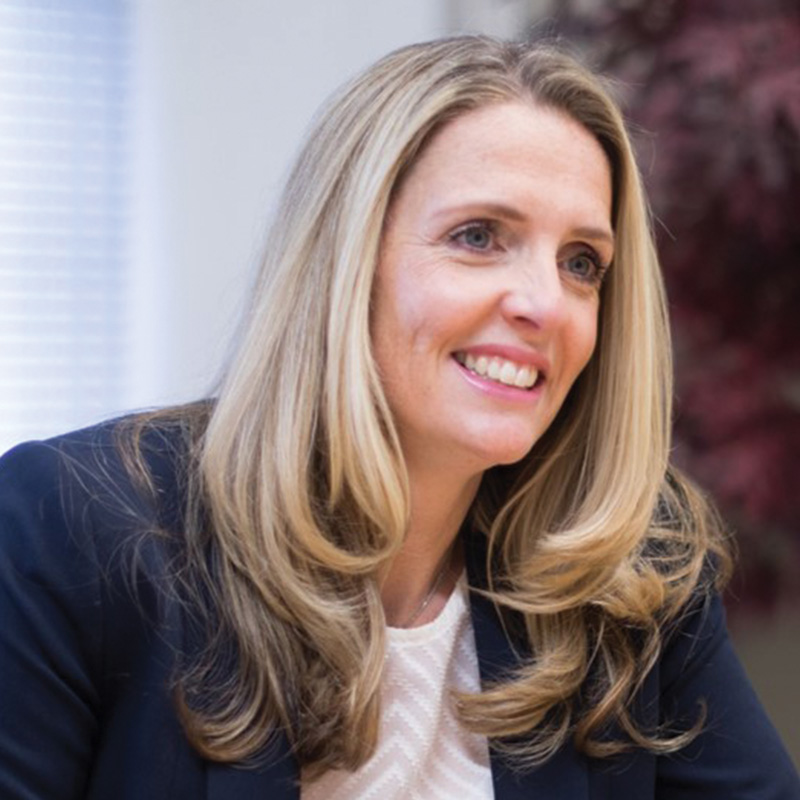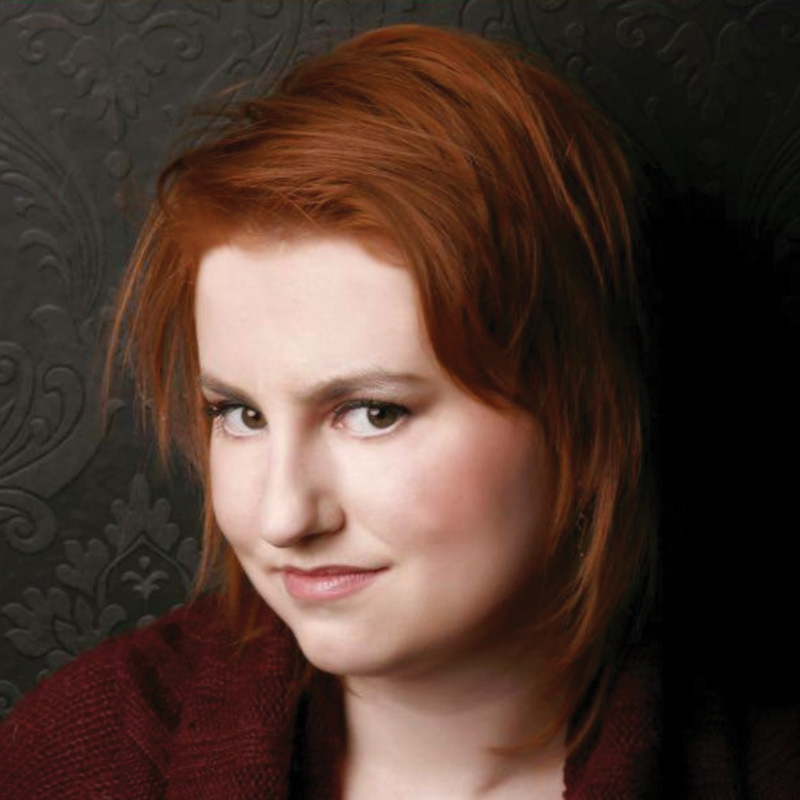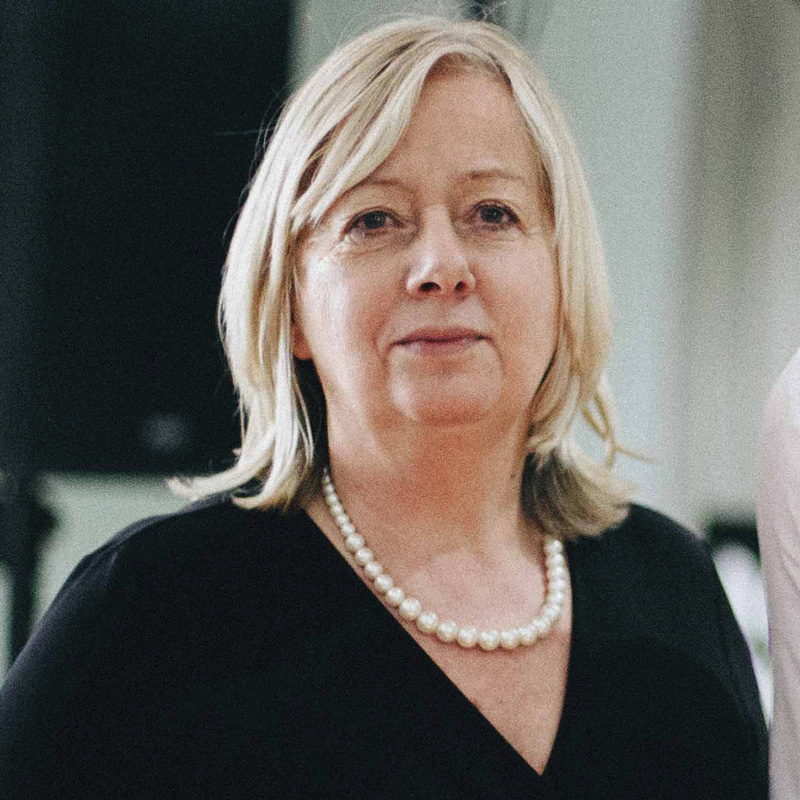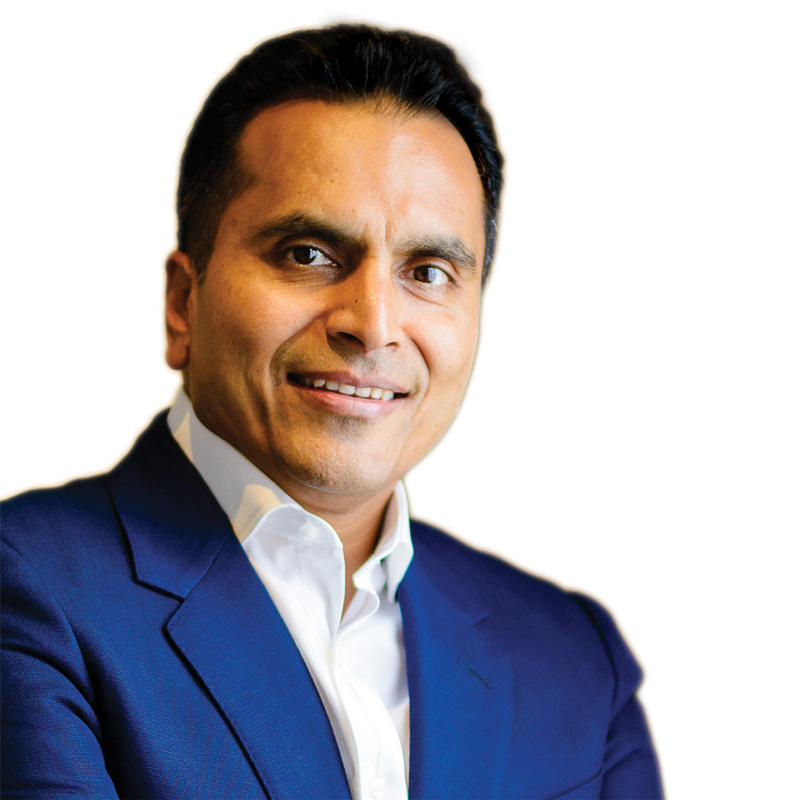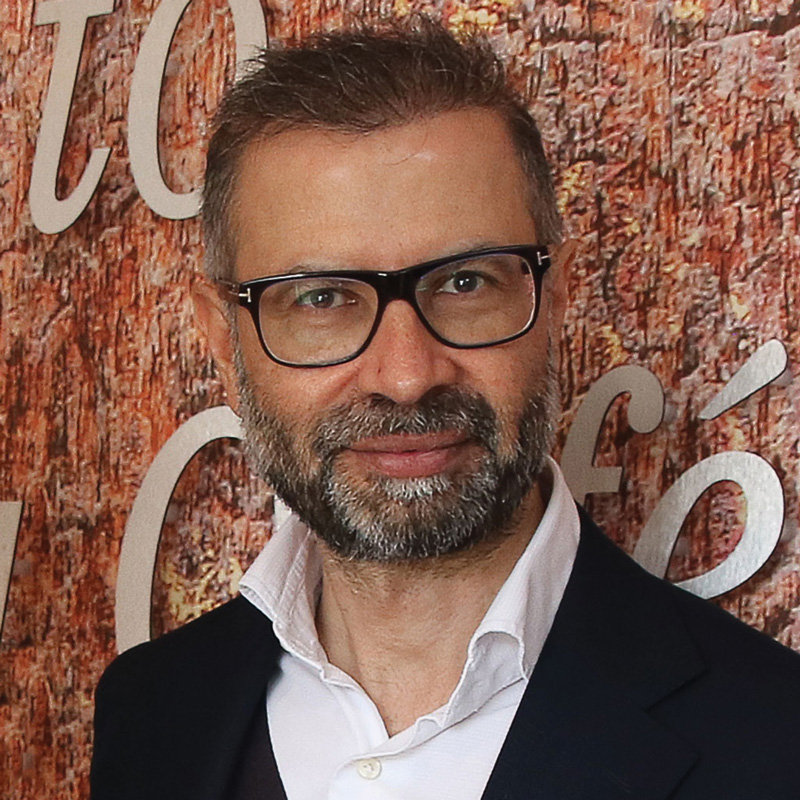Like many, you may be picturing a person:
Age 80/90 years? Uses a walking frame? White/grey hair? Immobile? Wrinkles and aged skin?
What if I were to tell you that there is an ever-increasing number of people being diagnosed with dementia who would break your preconceived notions of what a person with dementia looks like?

There are currently over 42,000 people aged 65 and under who have been diagnosed with young-onset dementia (YOD) in the UK. Many are physically fit and mobile, have a job, young children and families, mortgages and other responsibilities. Being diagnosed with dementia is life-altering at any age, but getting the diagnosis under the age of 65 can bring along a whole different set of challenges than to those who are older and have the same diagnosis.
As expected, existing services for those diagnosed with dementia are aimed at the older generation. People with YOD have continued to state that they feel existing services which are available are not appropriate for them, and this is understandable. Picture being 50 years of age and the dementia services available to you are the typical day centres. Once you arrive to try one out as recommended to you by a health worker, you are surrounded by people who may be 30/40 years older than you. Due to a lack in specialised services, the two differing age ranges are often grouped together. Would you feel like you have anything in common, feel supported and understood in your needs and what you are going through? No, I did not think so. You would feel defeated, alone, not understood, and as such, disengage with any other services available as you assume that they are not the right fit for you.
This scenario is not an uncommon occurrence to people who have been diagnosed with YOD. Existing services are appropriate and much needed for the stereotypical age range of people who get a diagnosis of dementia, but many with YOD feel they are slipping through the cracks and are left unsupported.
These issues highlight the importance of the need for specialised services in YOD. After having many discussions with people and their loved ones about what services they feel they would most benefit, the majority stated that they would value support groups focused solely on those with YOD and their family members. This would make them feel less alone.

Studies have shown the importance of support groups in improving the wellbeing of both the people diagnosed with dementia and their loved ones. Support groups are known to be a place of understanding and support and offers the opportunity to share experiences should anybody wish to. As a result of these shared experiences, people feel less isolated and are relieved to find that you are not the only person going through this journey, when your experiences with existing services and even health professionals lack of knowledge may make you feel otherwise.
Family members are listened to and could gain some knowledge and insight into what the future may look like. With this reassurance and understanding available to them, it often results in the ability to feel more able to manage, prepare and carry on, which in turn leads to better relationships and interactions with the person diagnosed with dementia.
Throughout this blog, we have discussed the importance of specialist services being available to those diagnosed with YOD. At Unique Homecare, we have specialised training available to our carers as we feel it is important that our staff have the knowledge and skills to be able to understand the differing needs in order to provide the best care for those diagnosed and their family members.
Through raising awareness of the challenges that people face who have received the diagnosis of YOD in the form of educating and training staff, we aim to dispel the misconceptions, break the stereotypes and generalisations that people have of those with a diagnosis of dementia.
Fiona Whittle
Young Onset Dementia Manager Unique Homecare Services ltd
